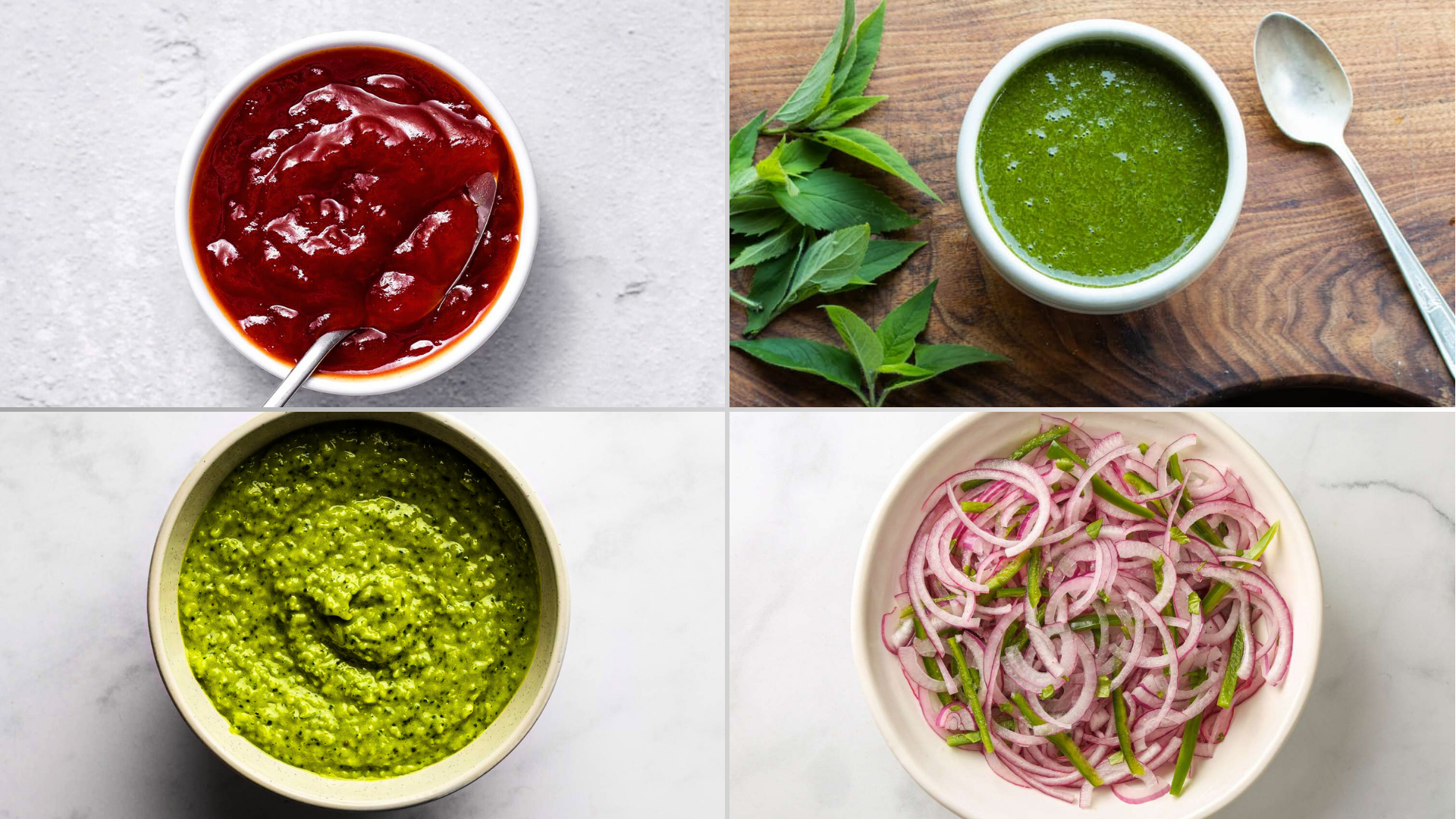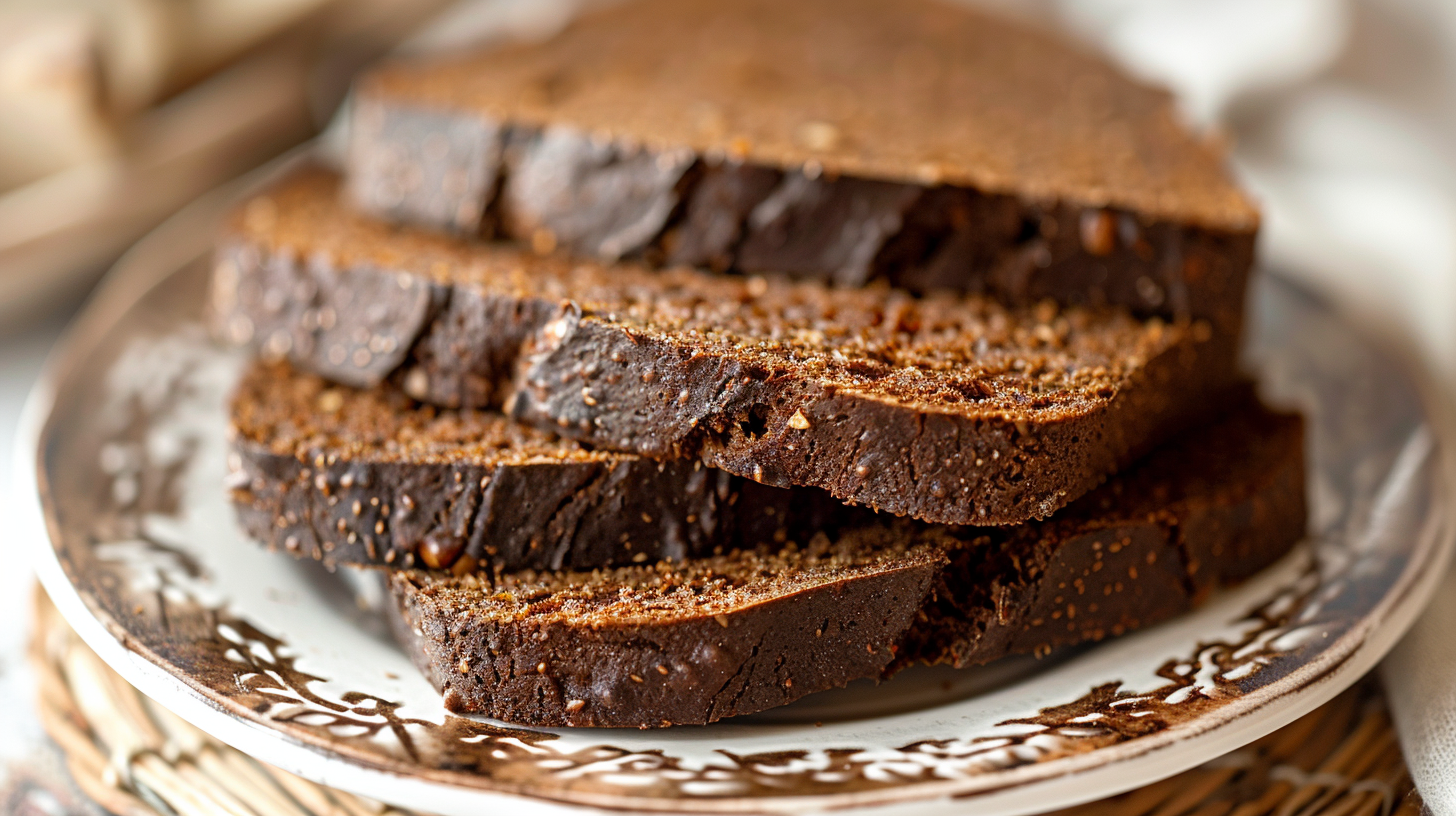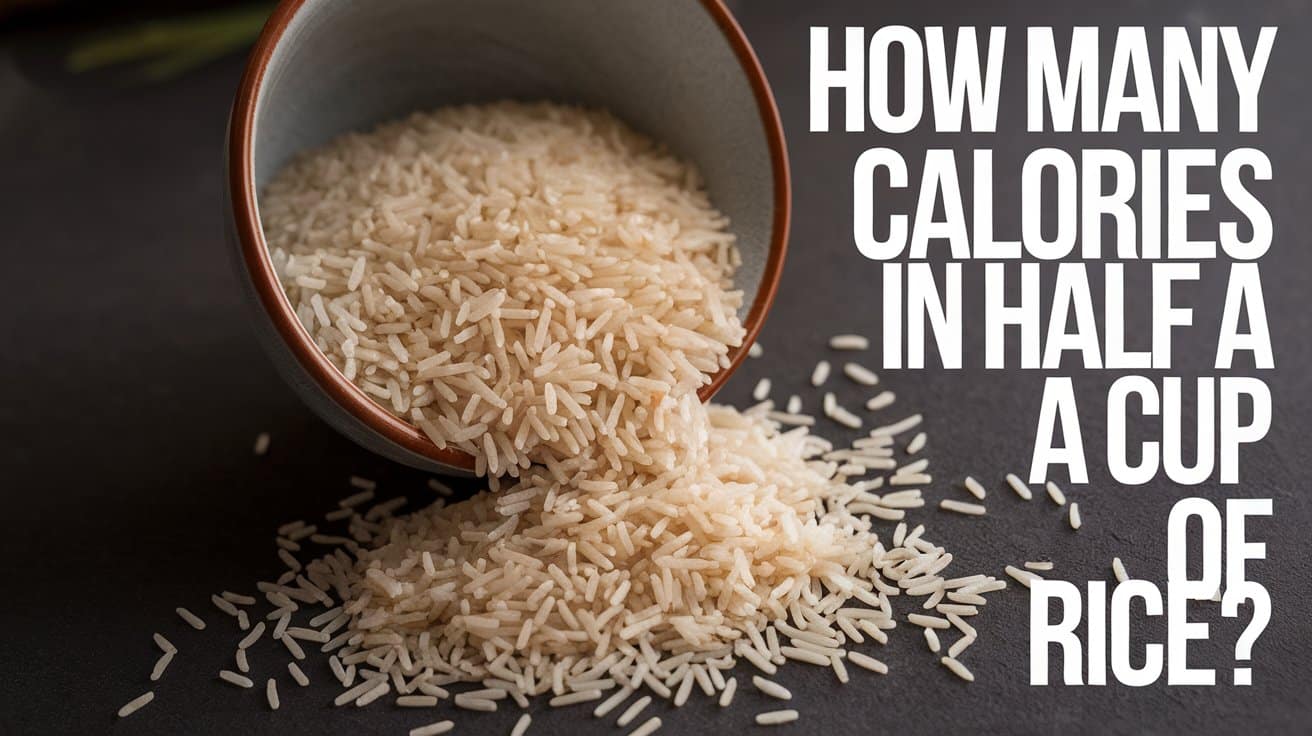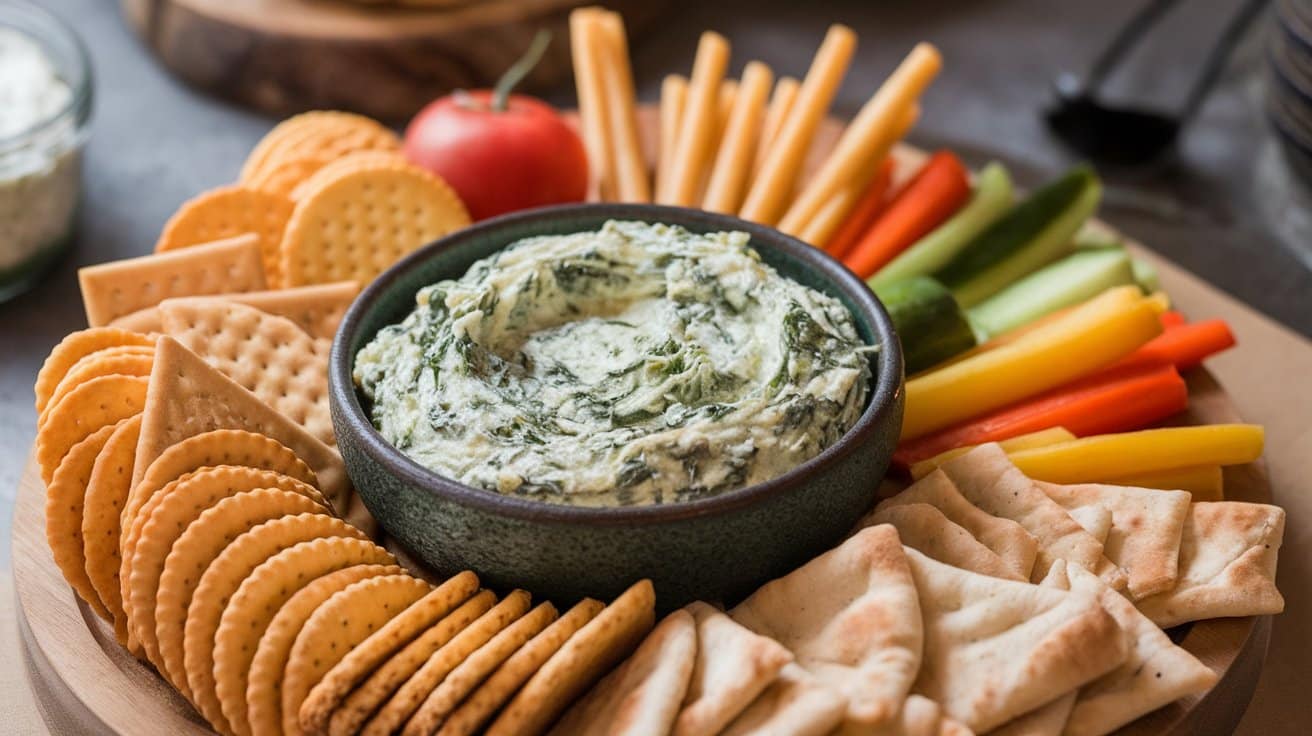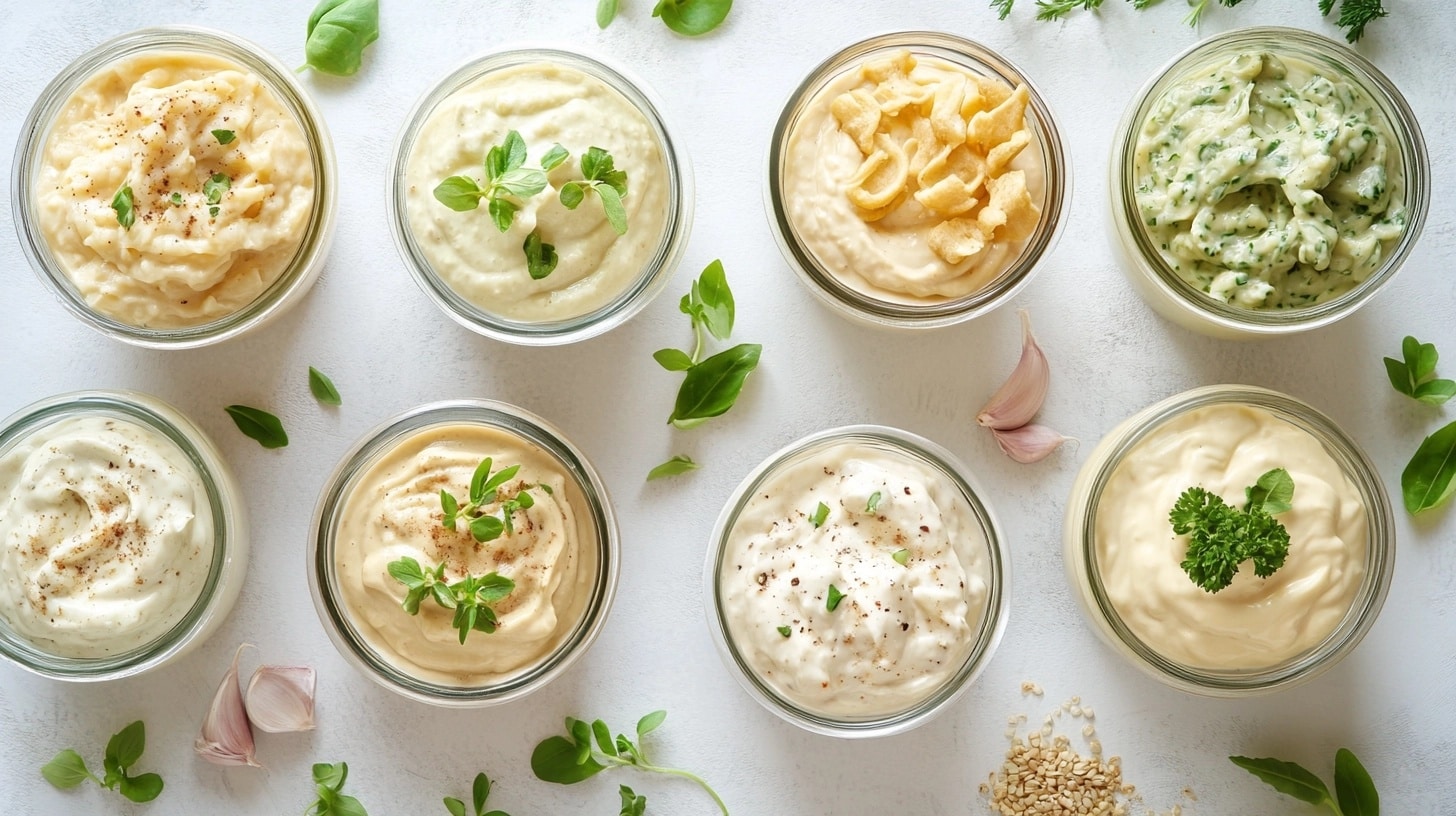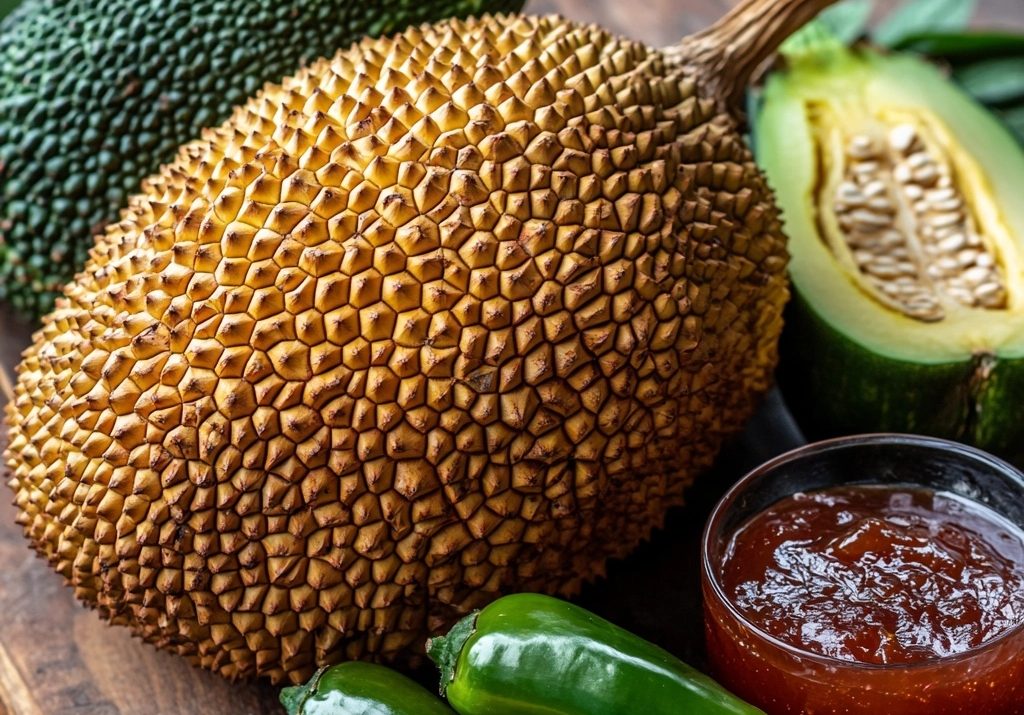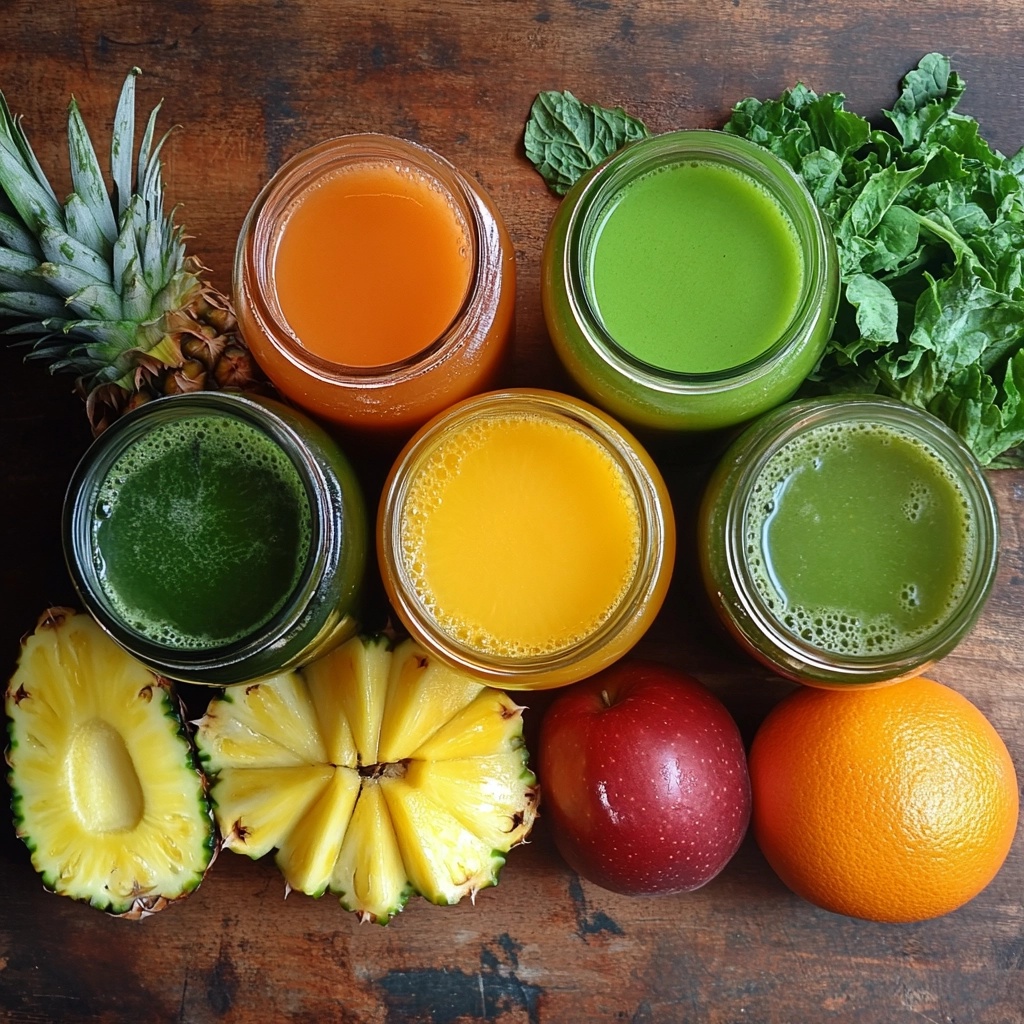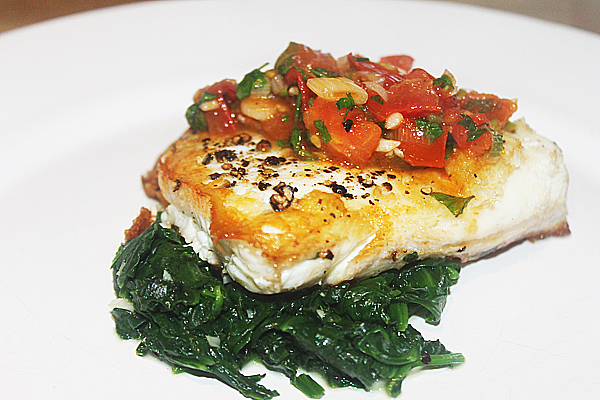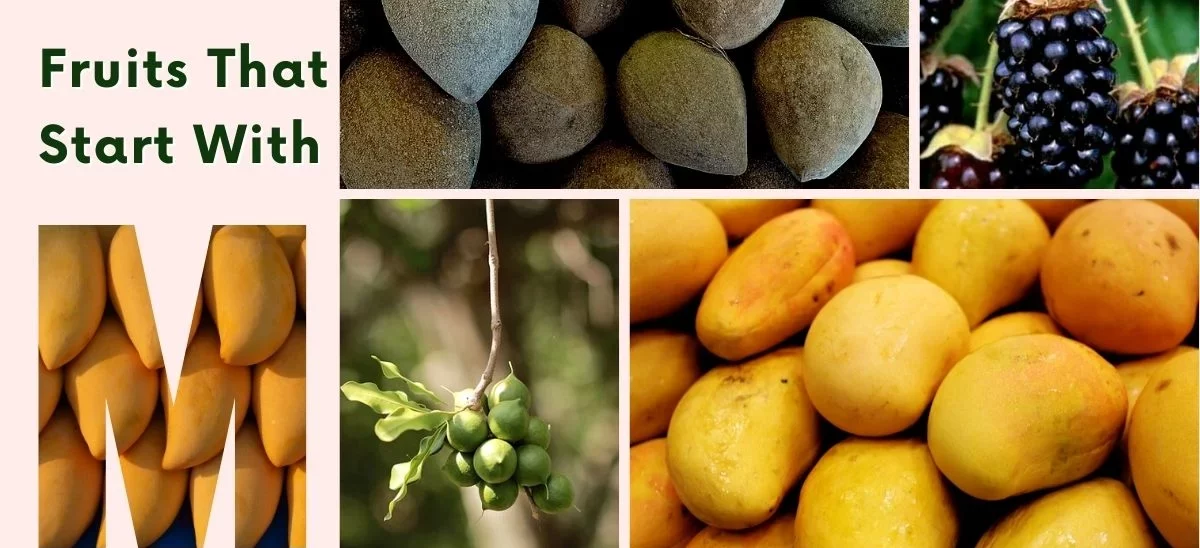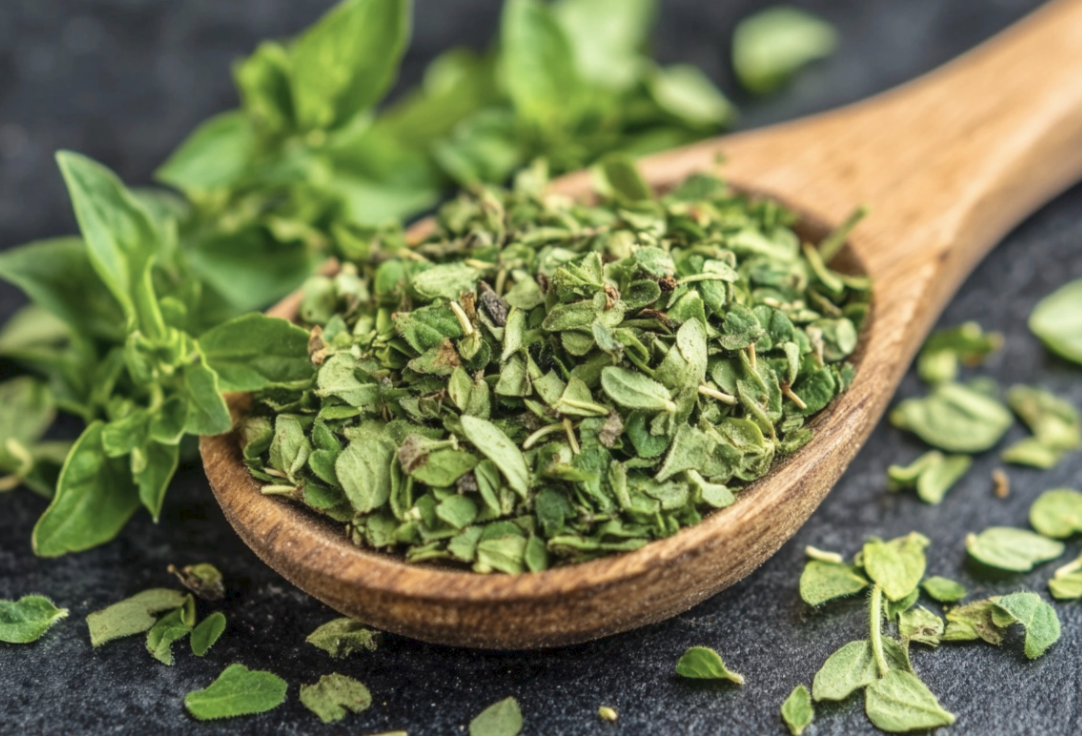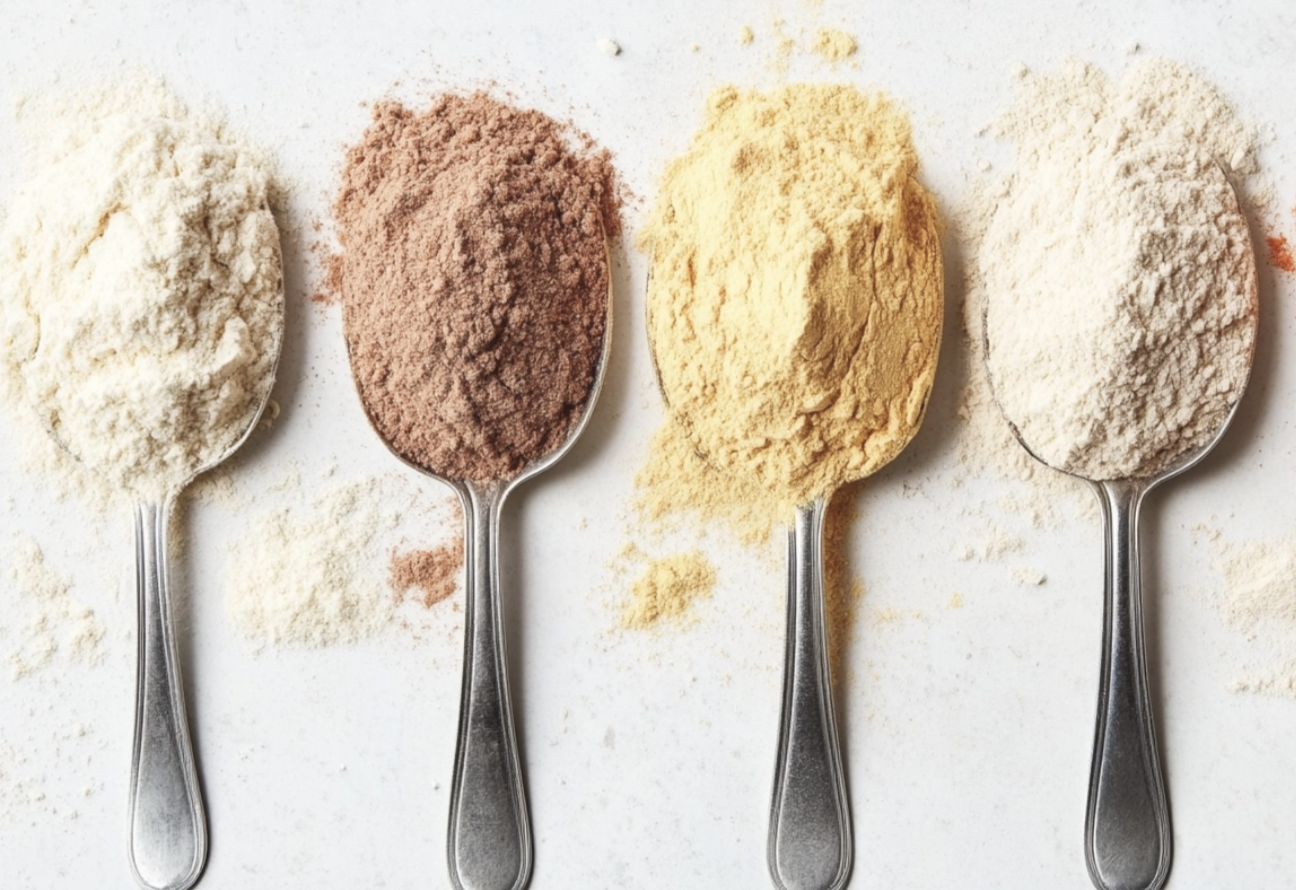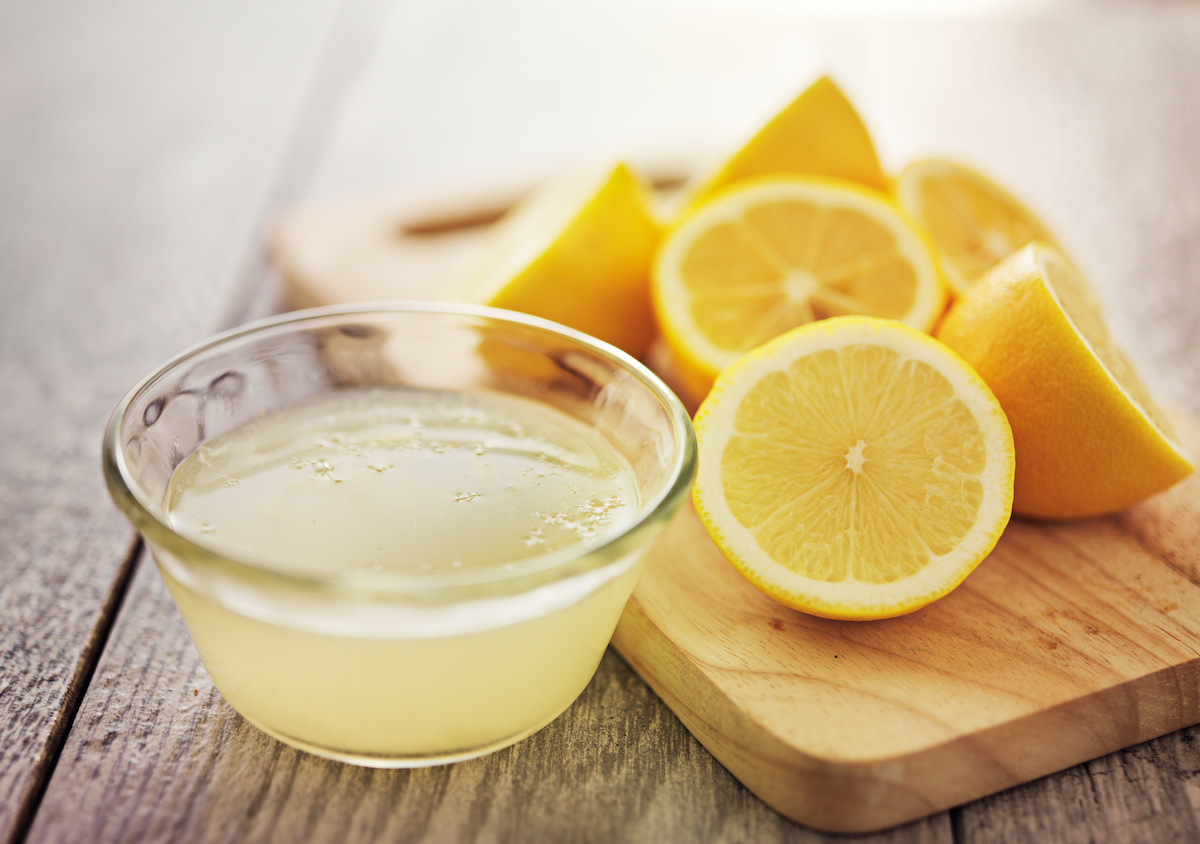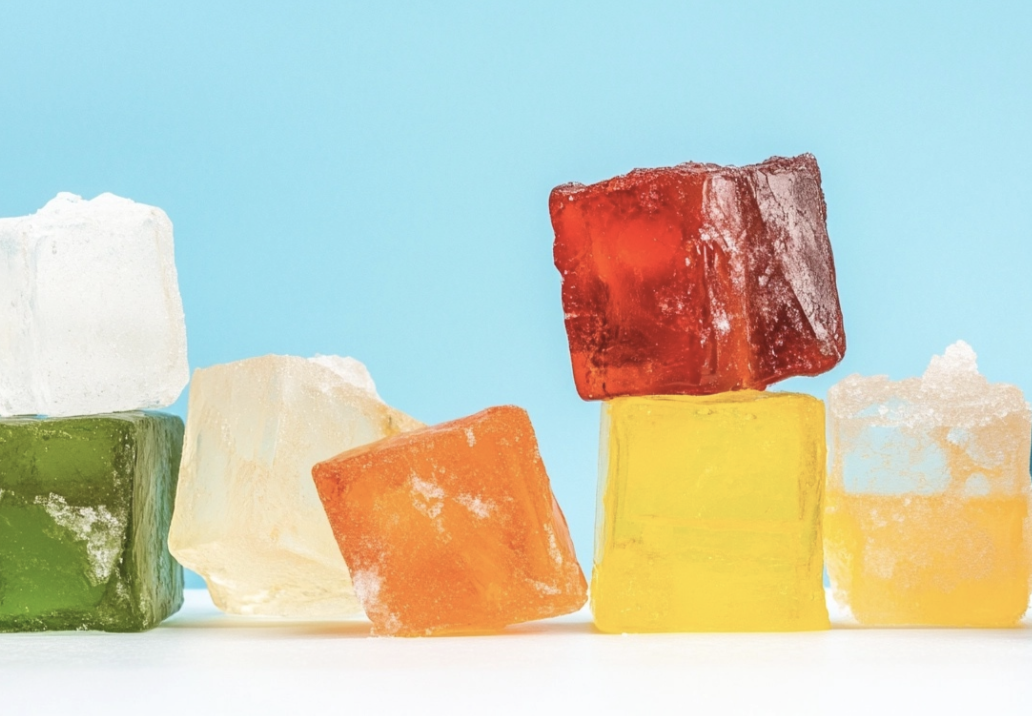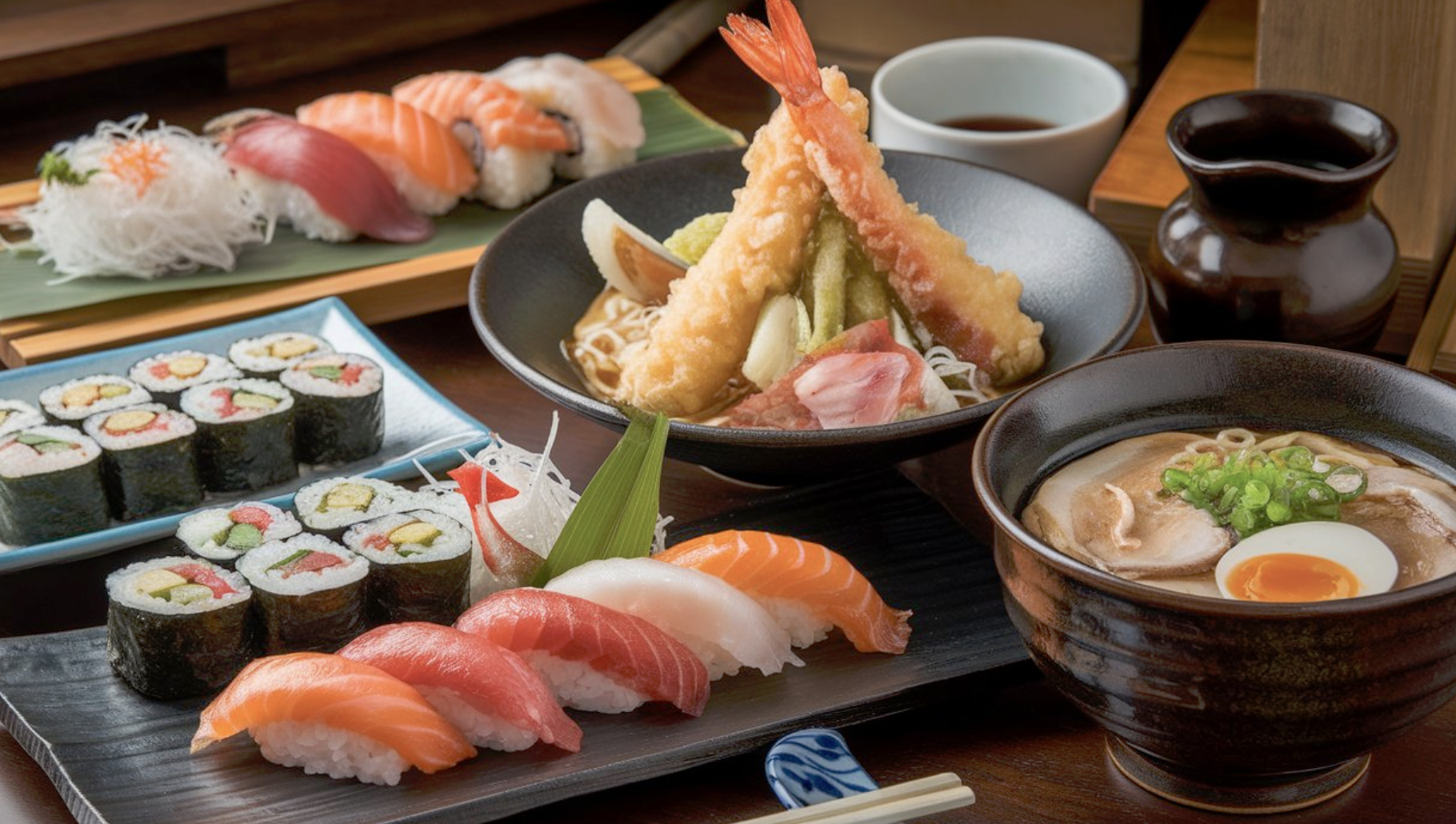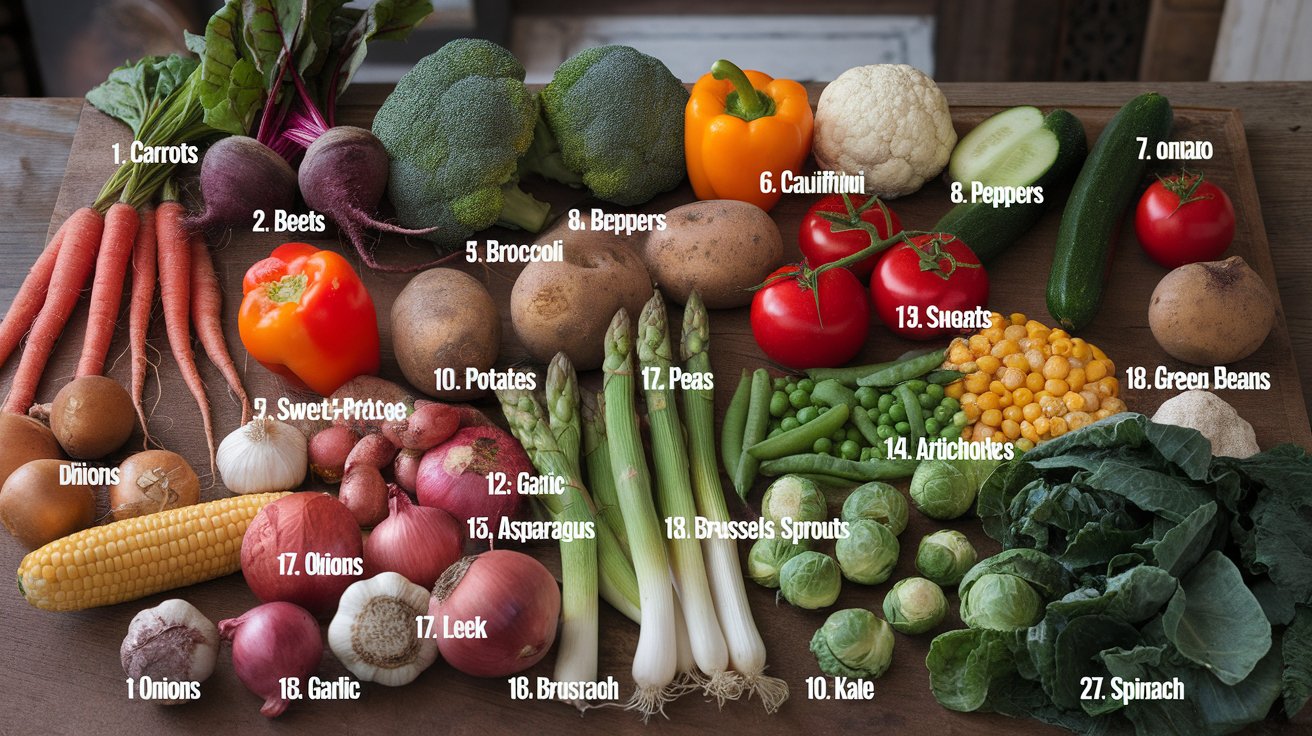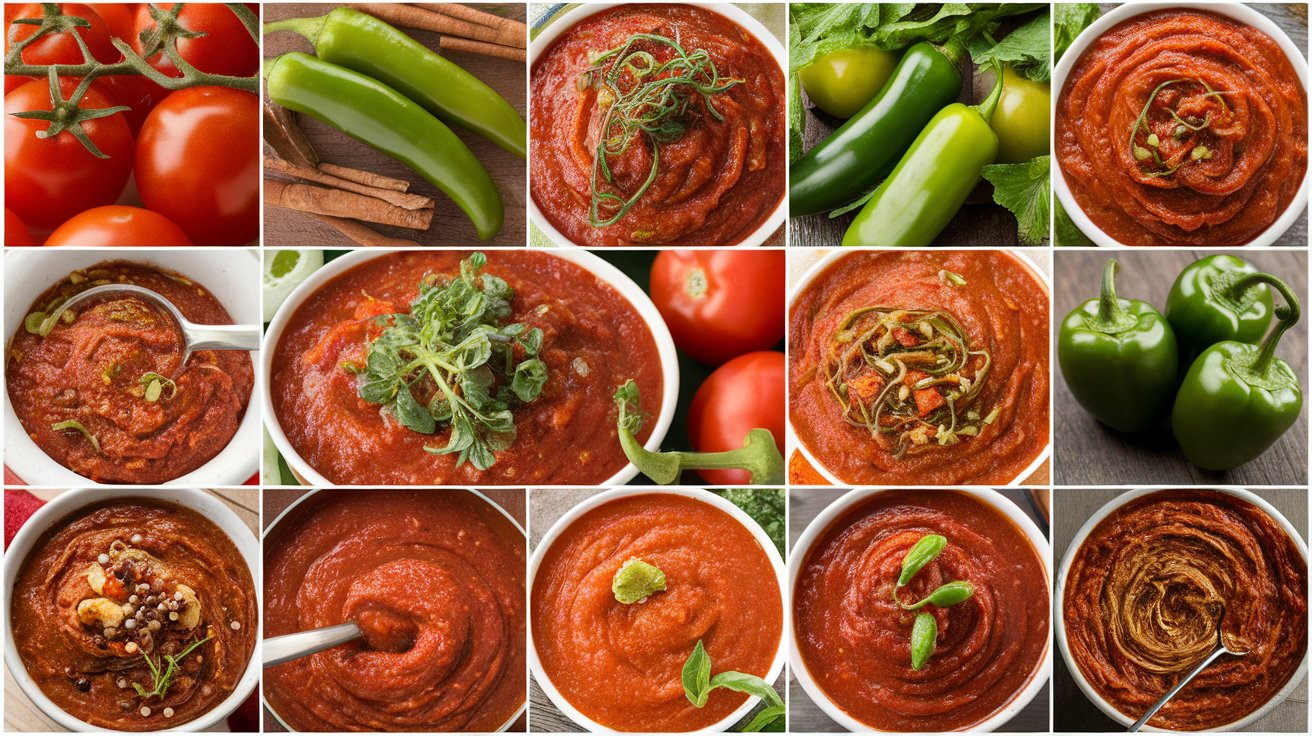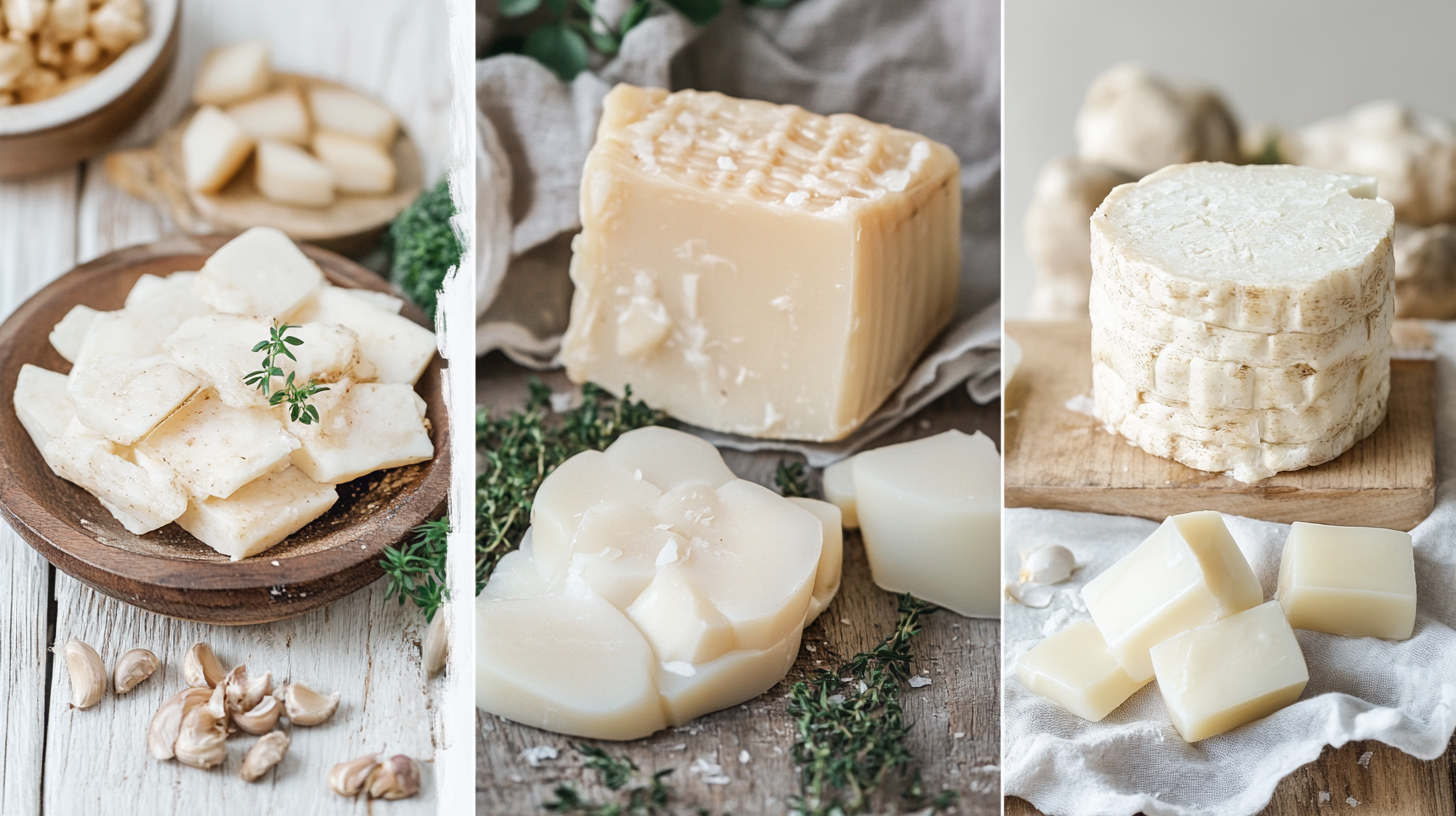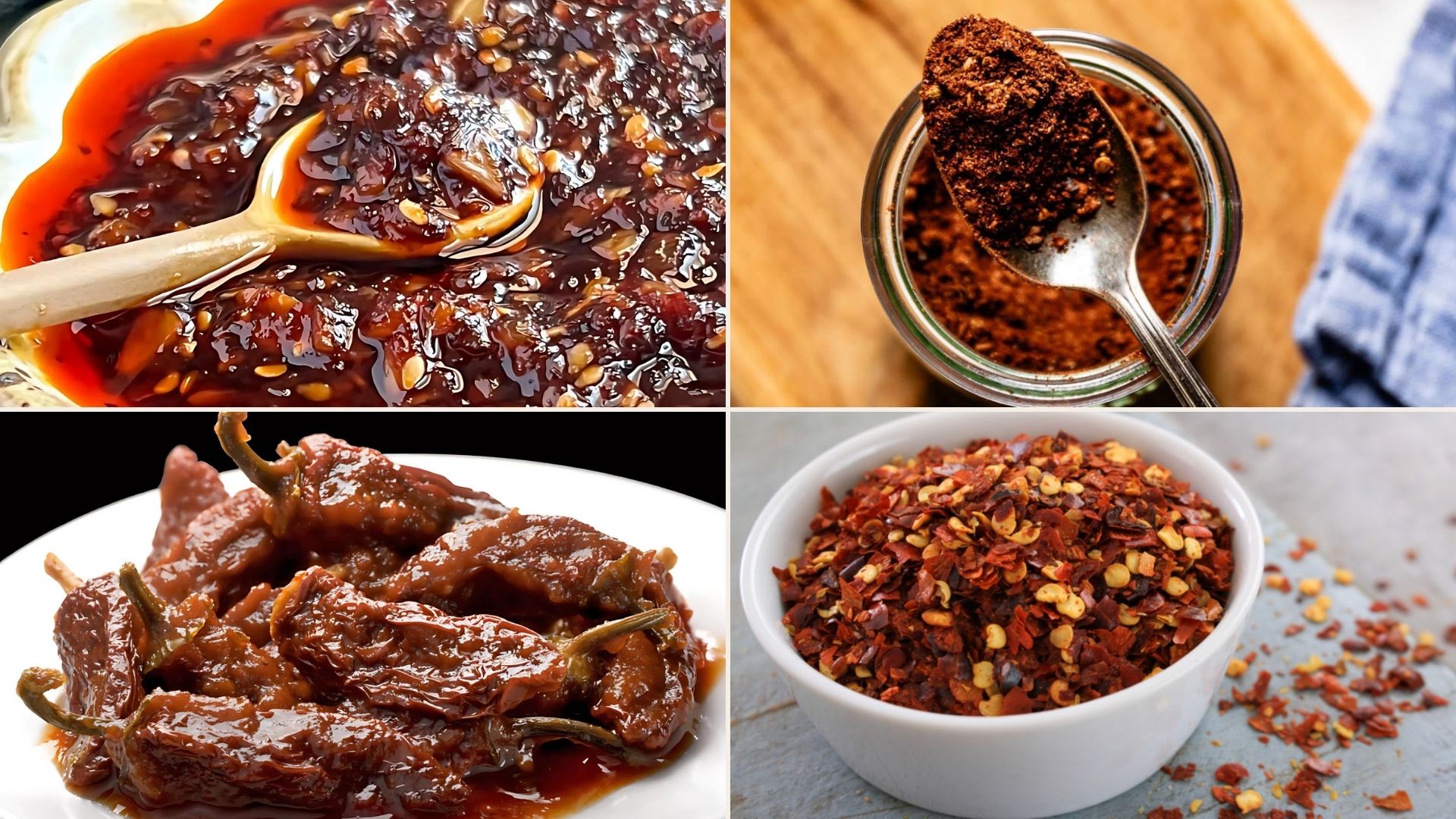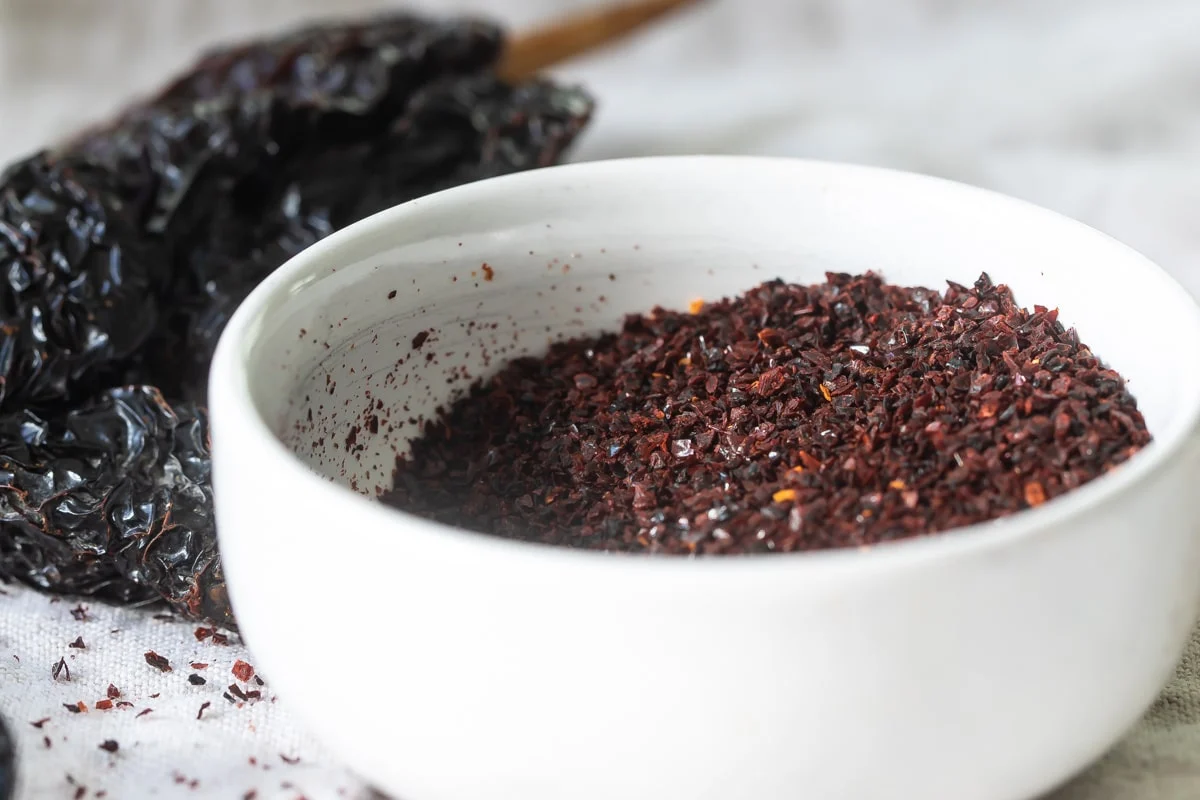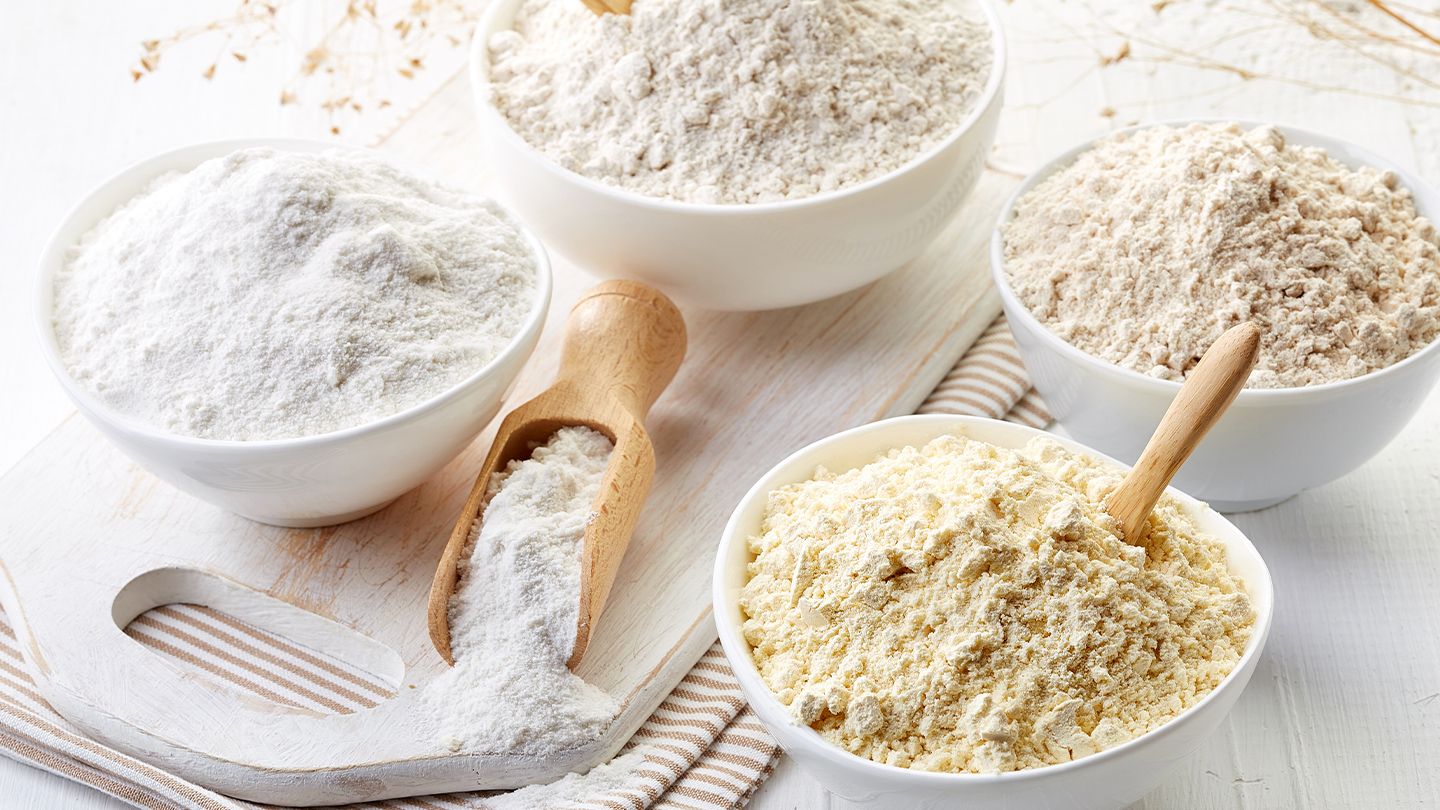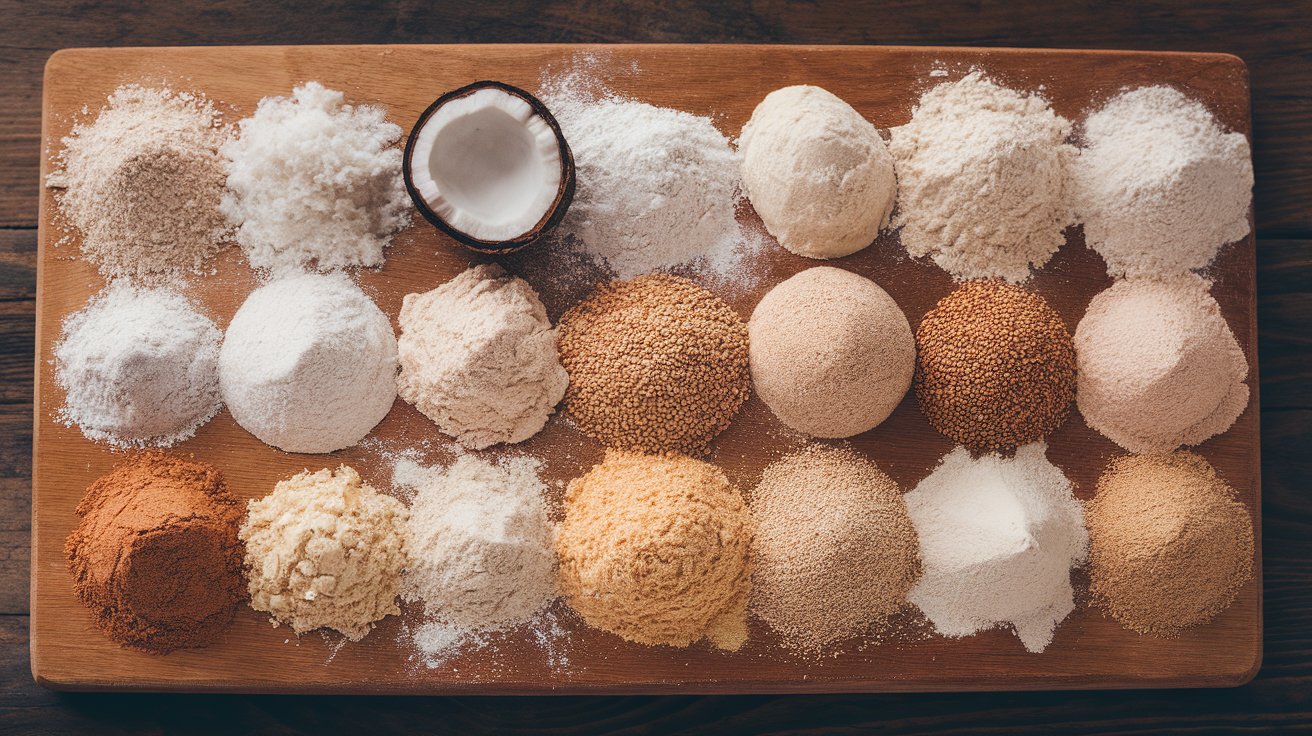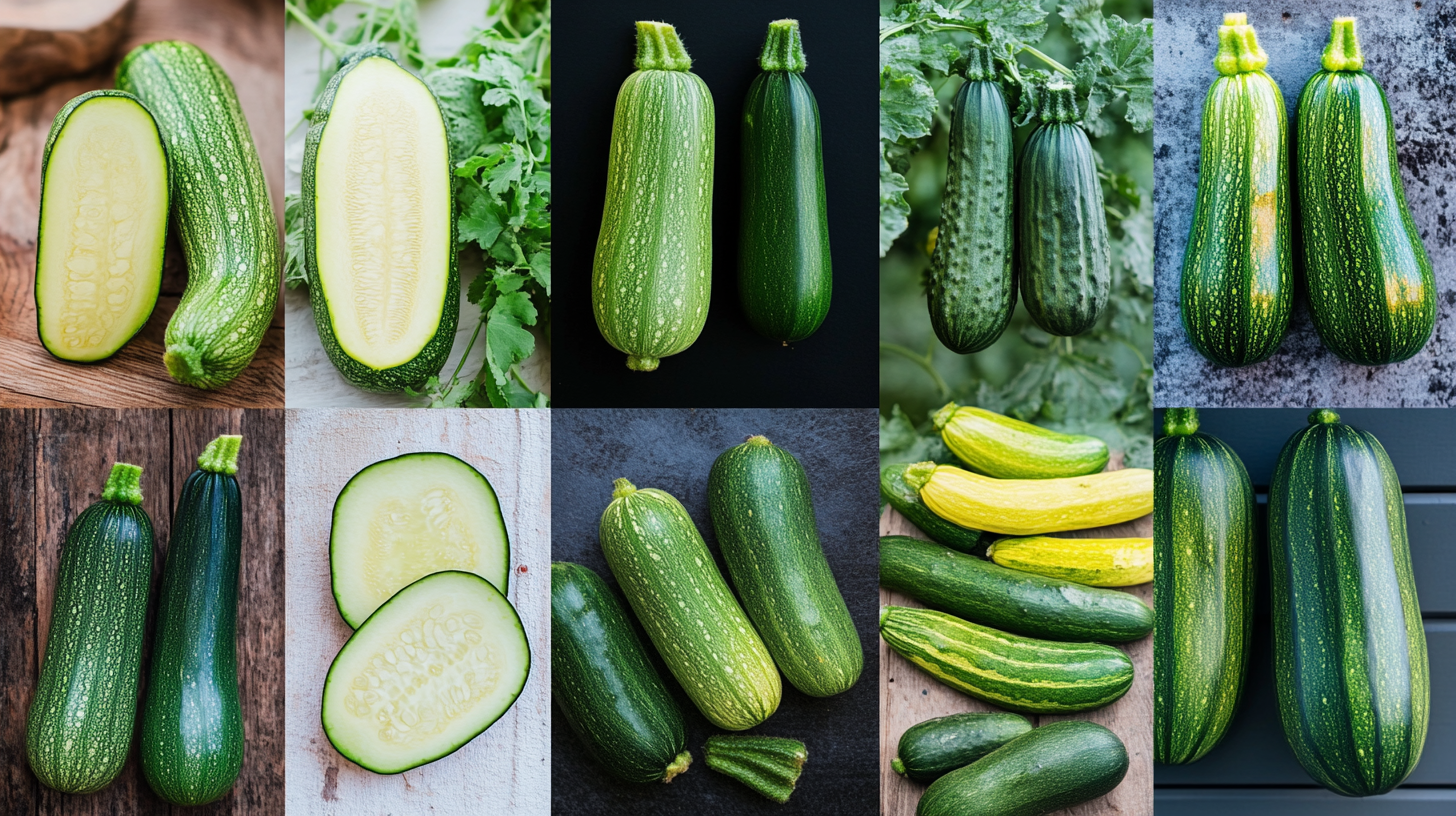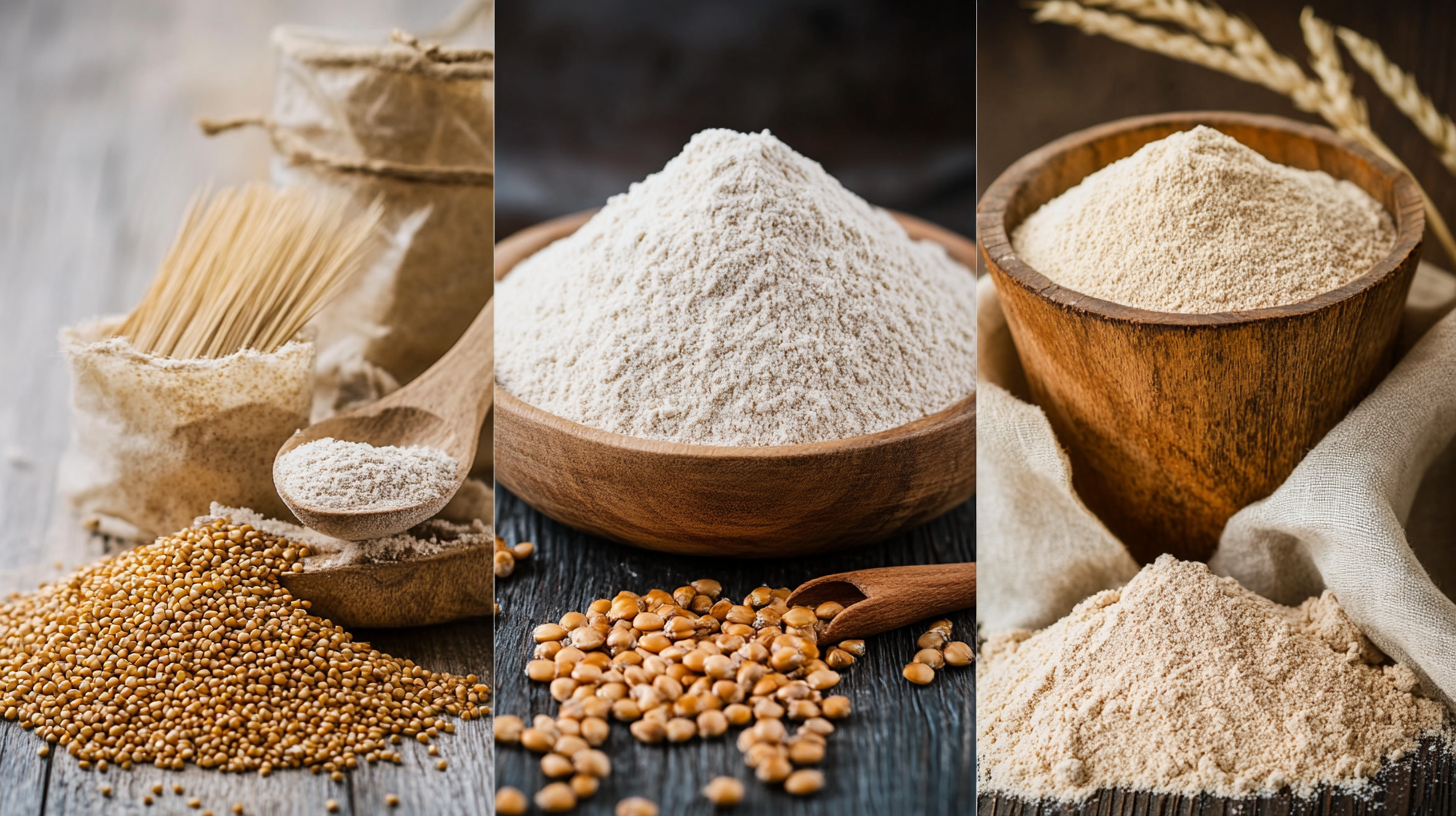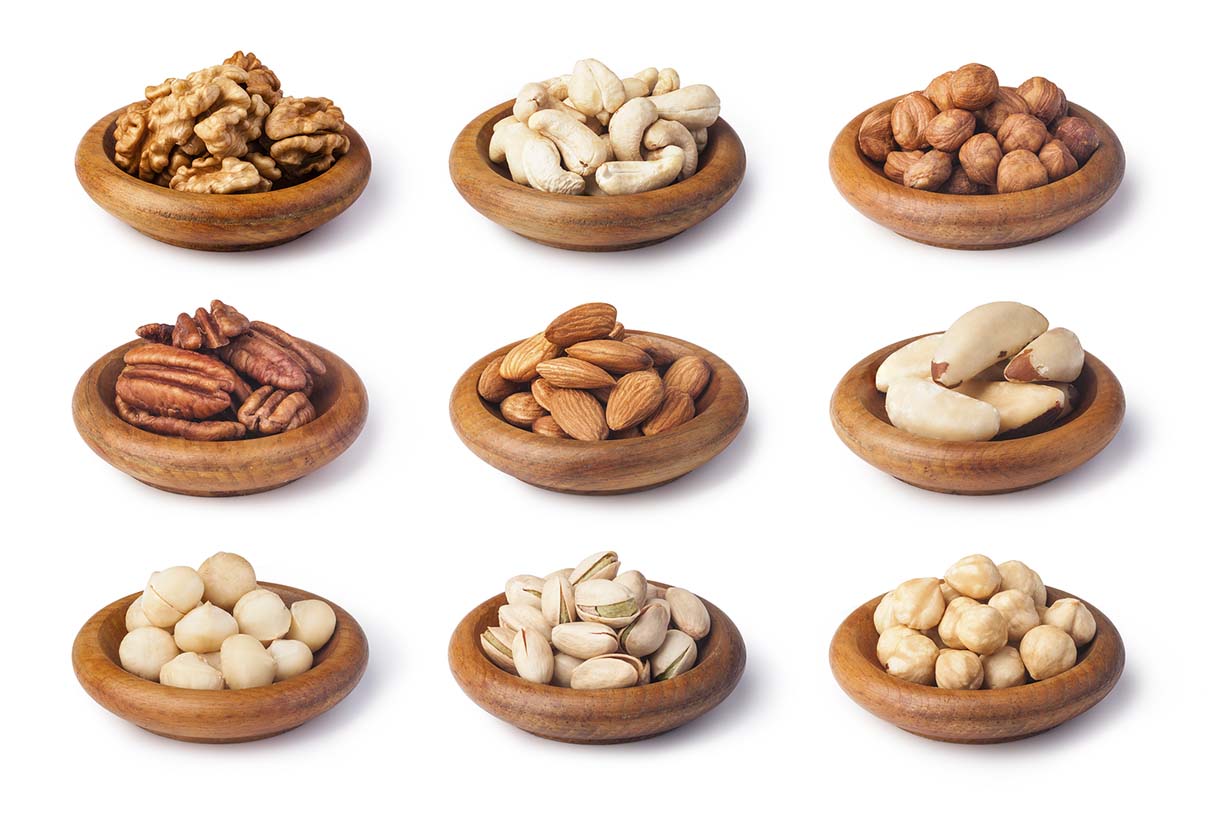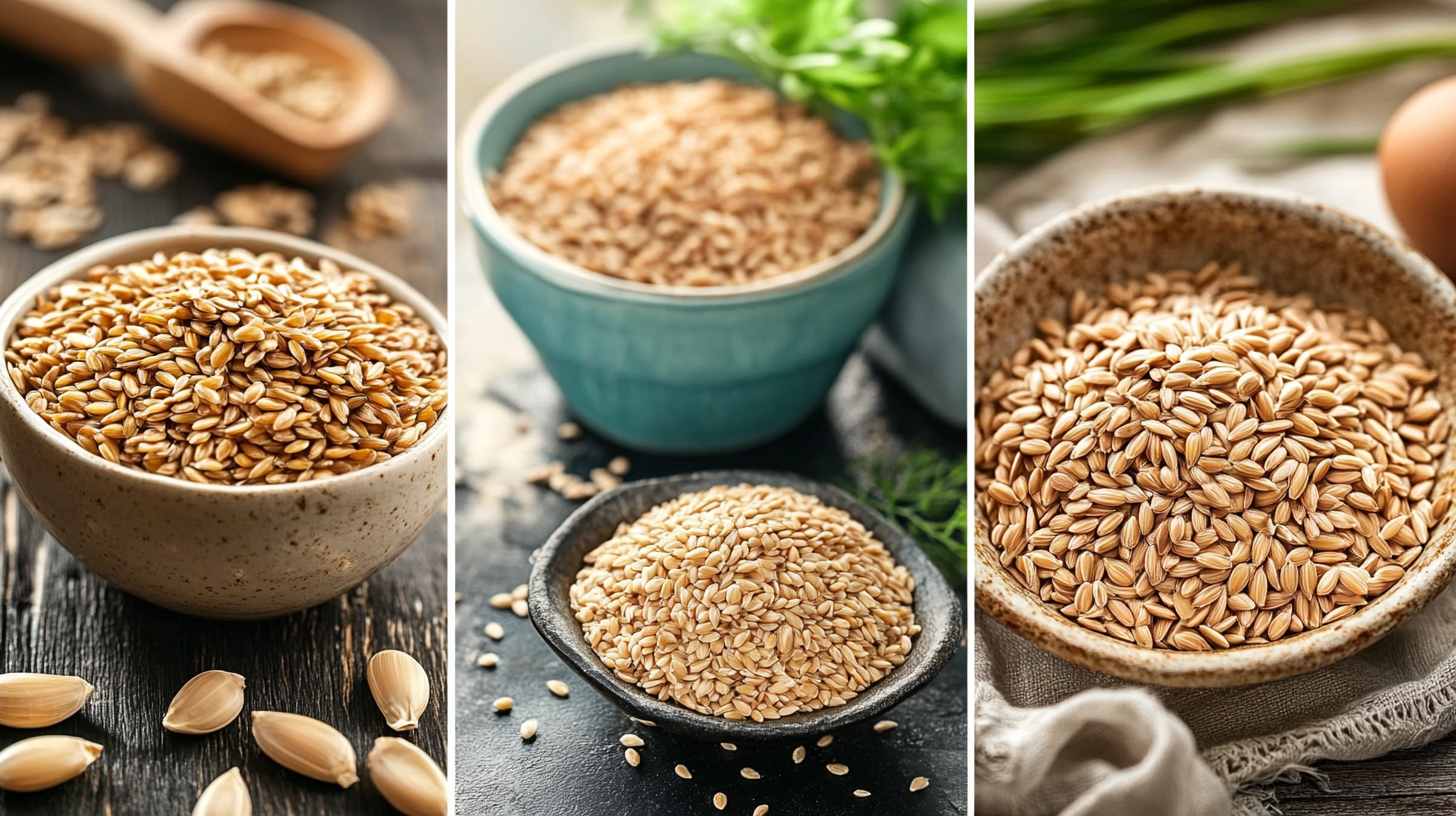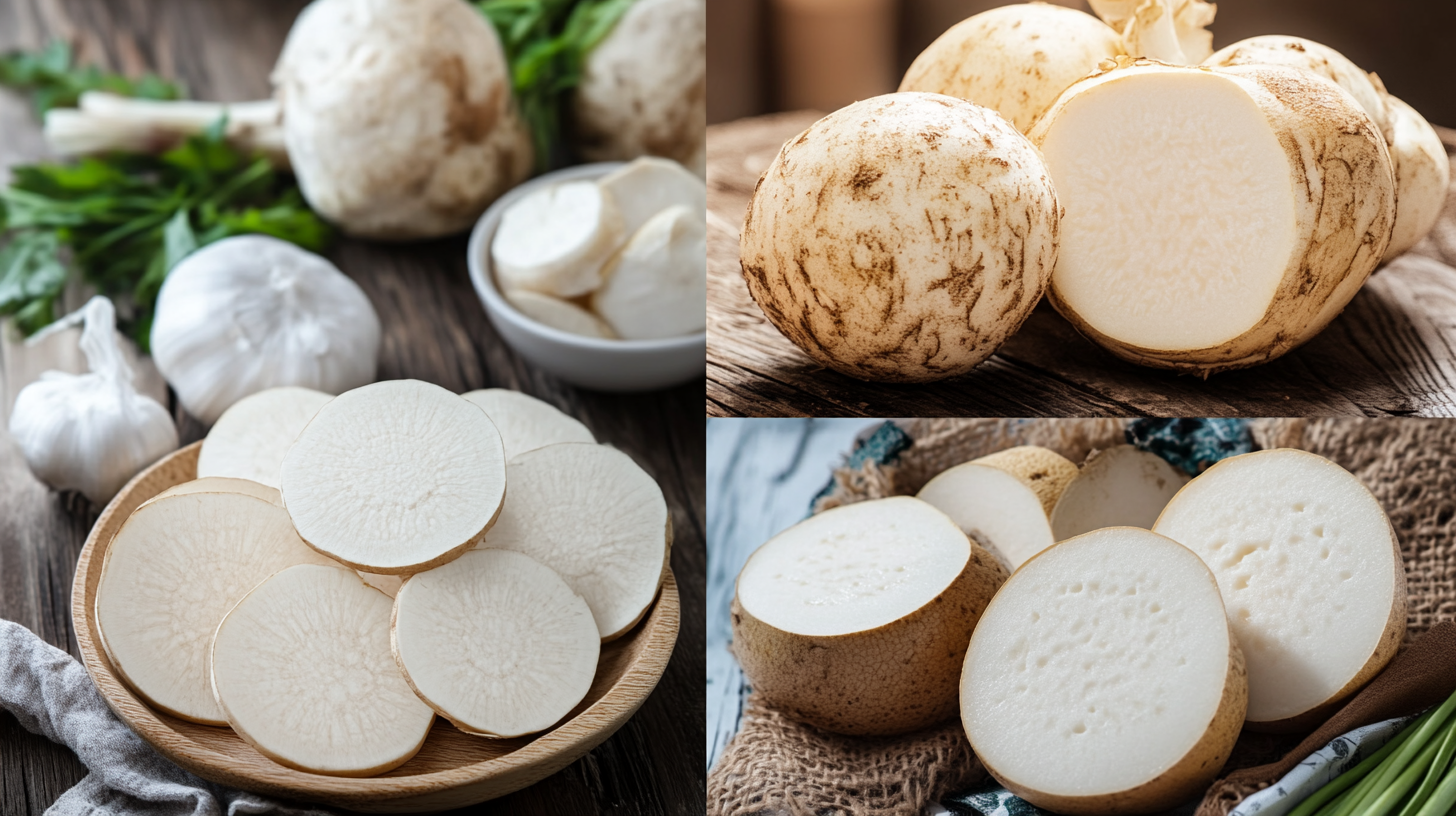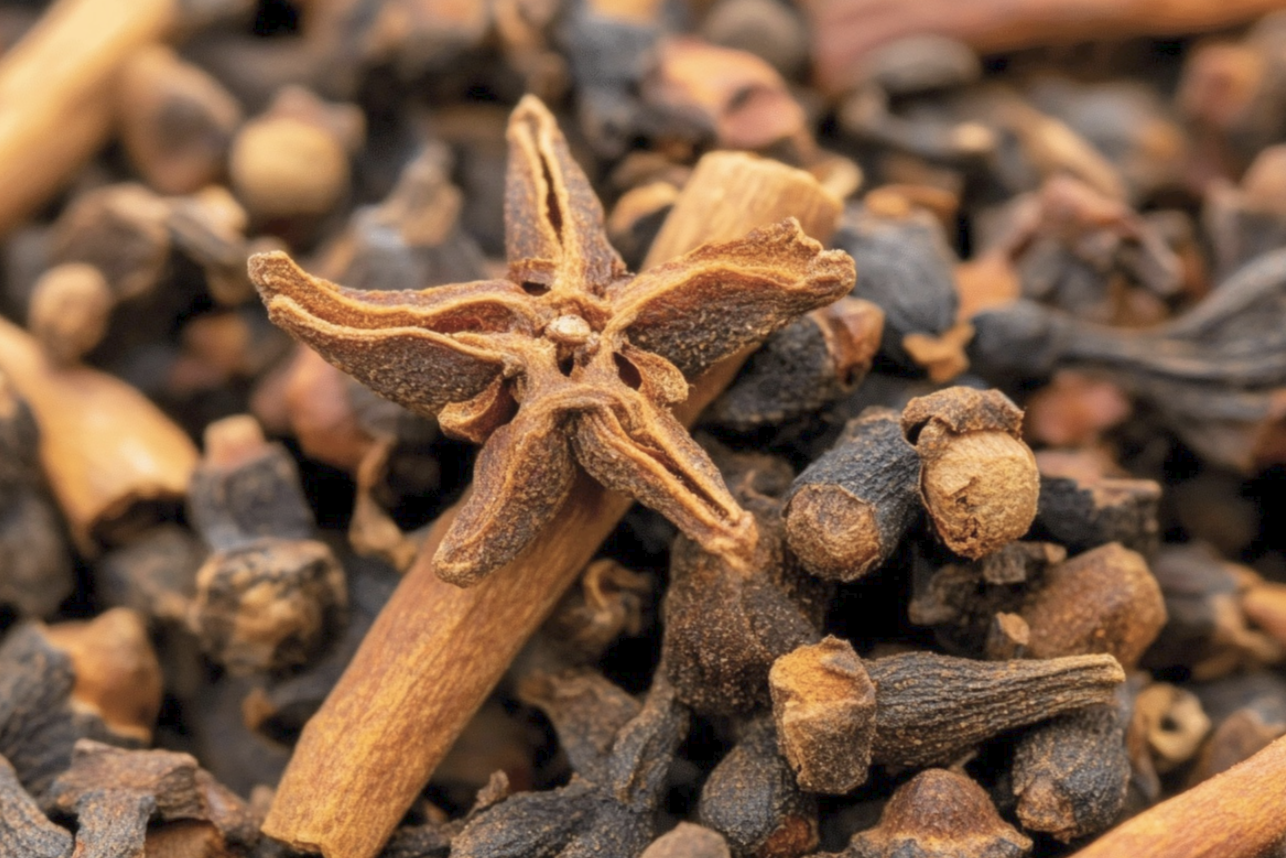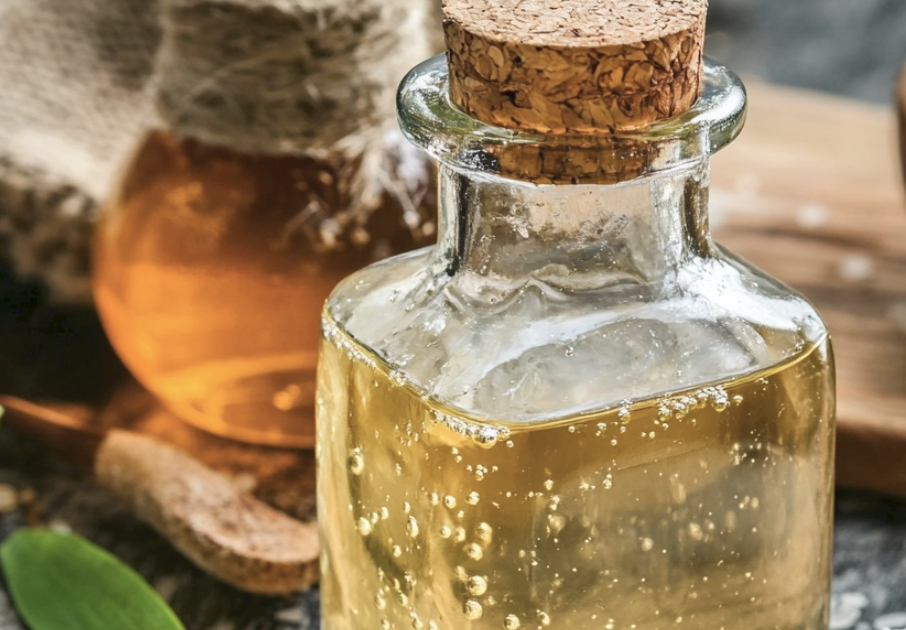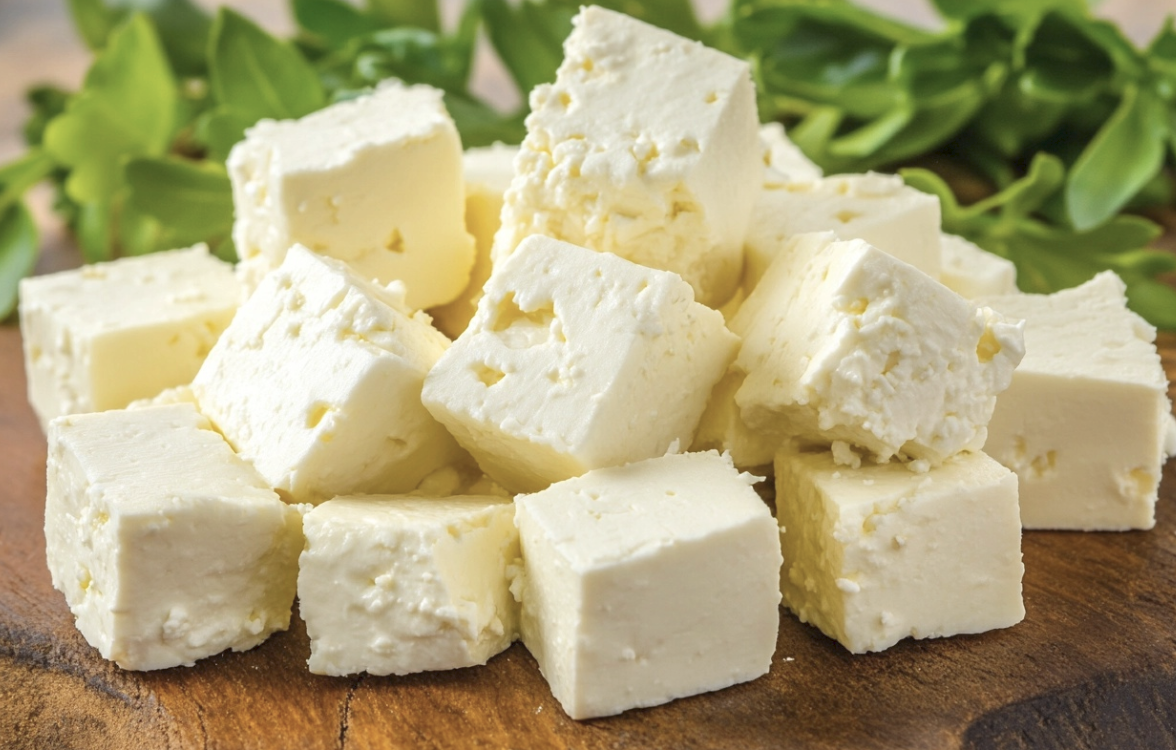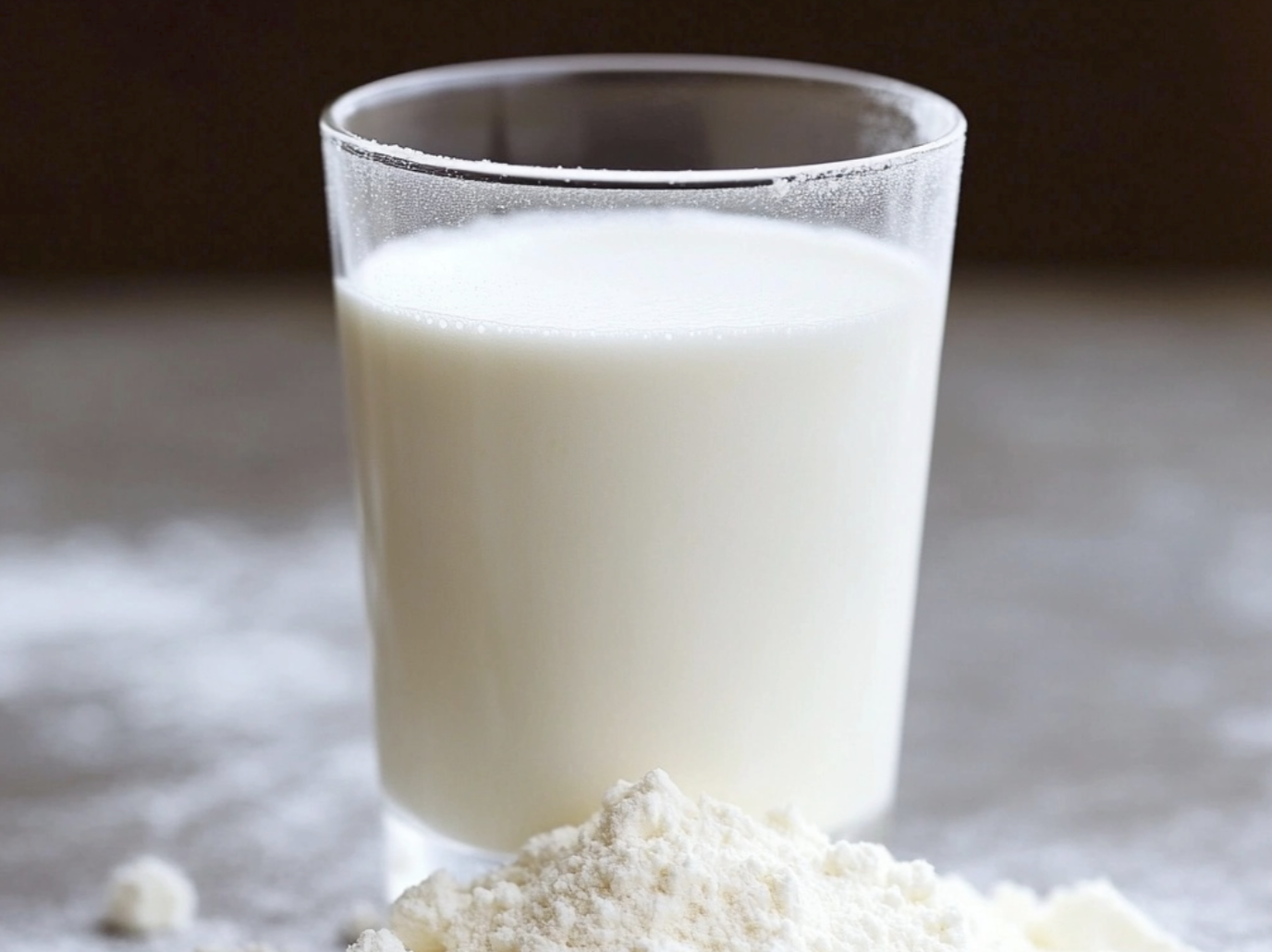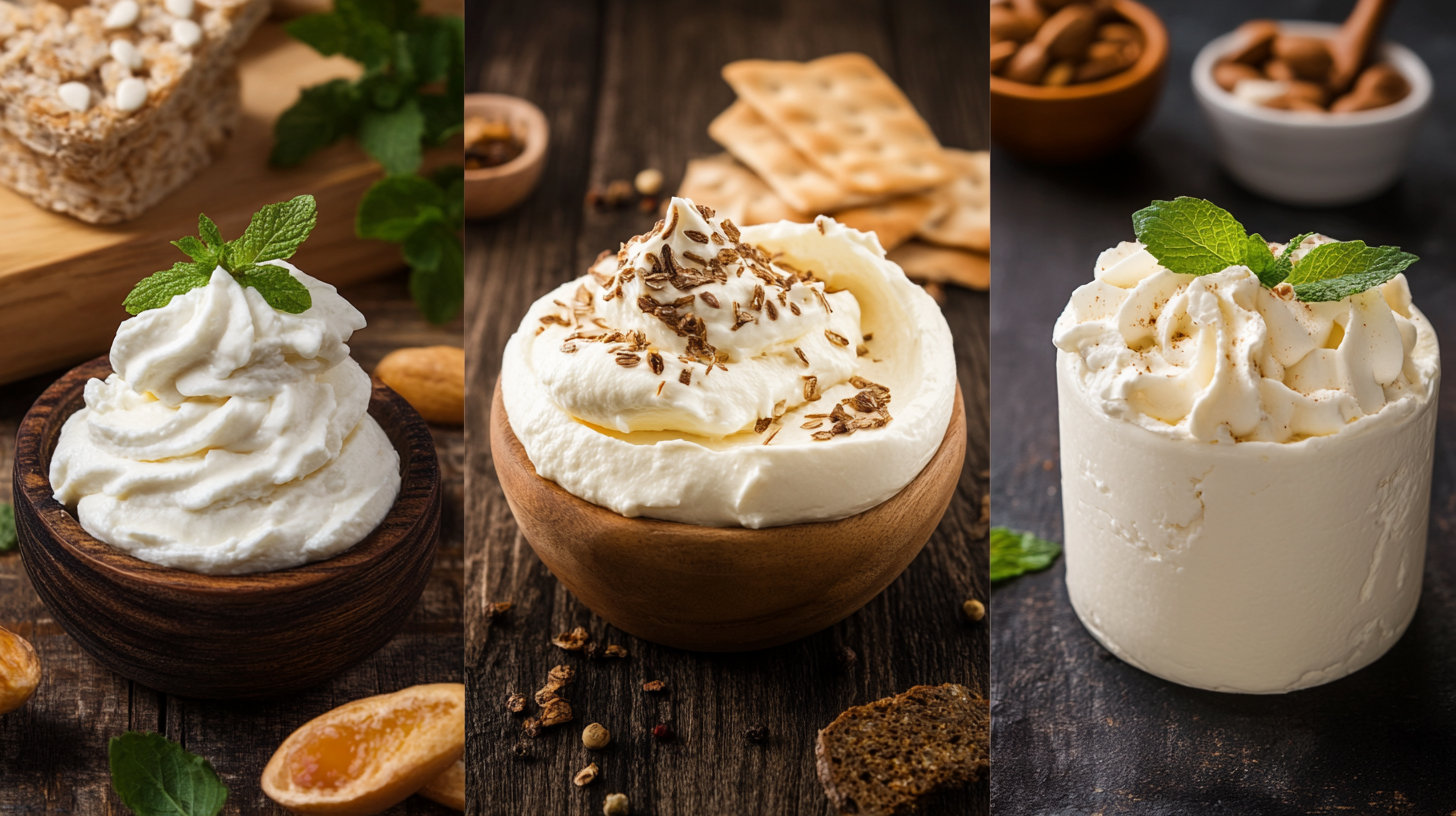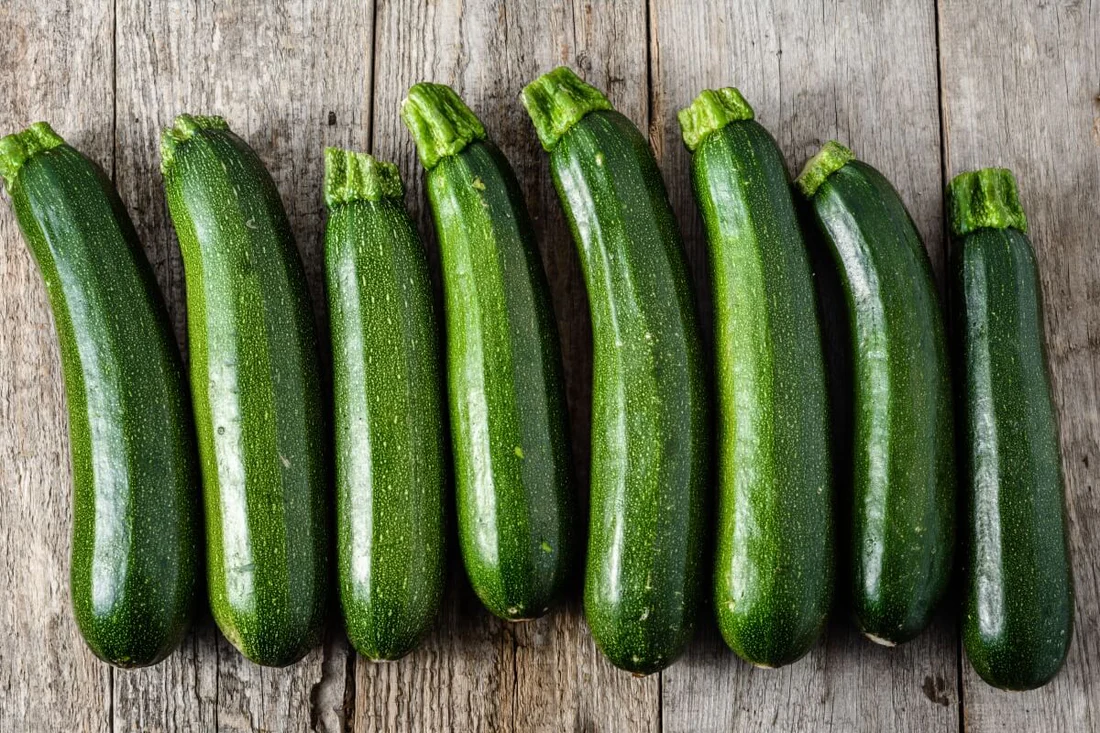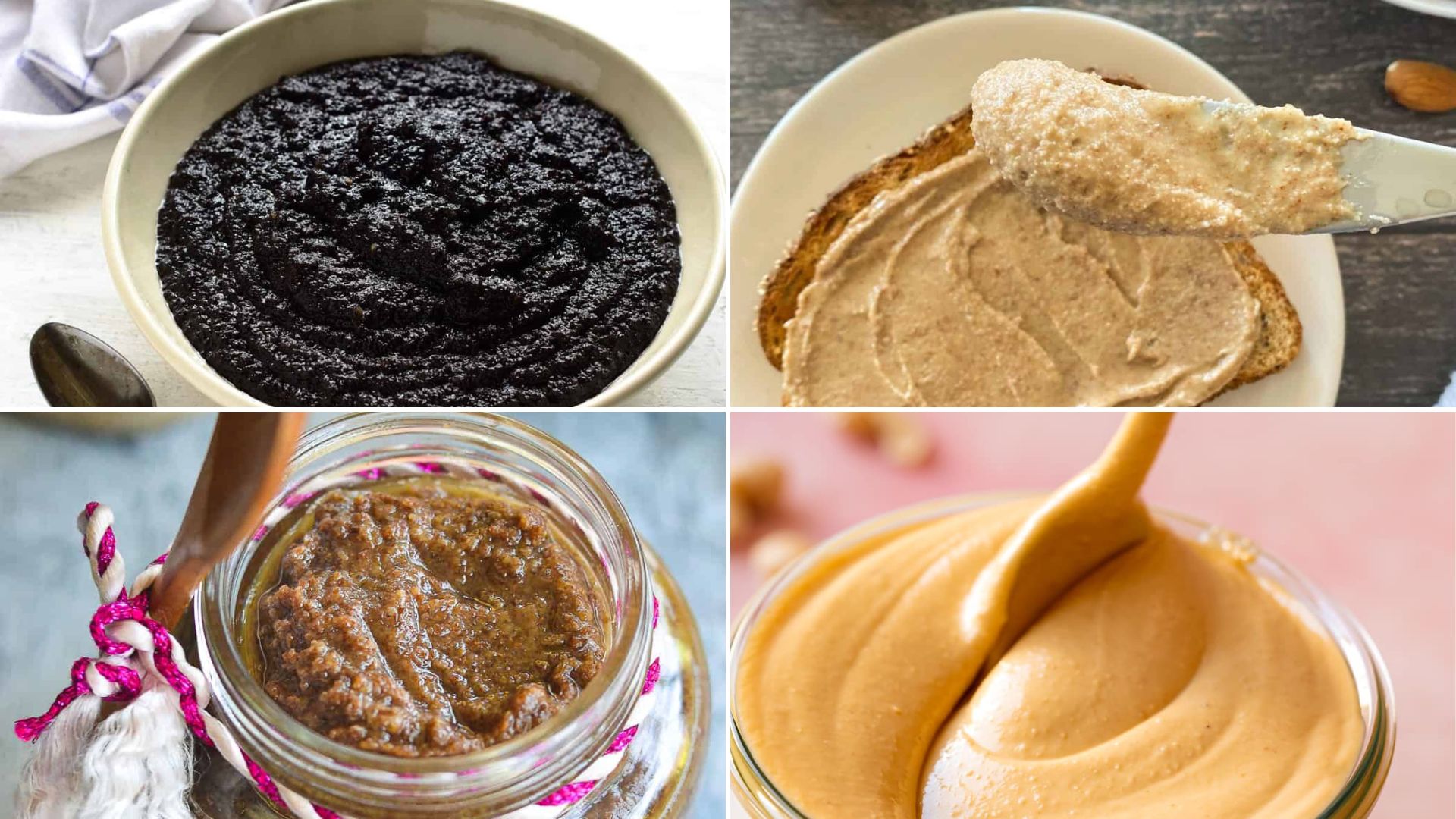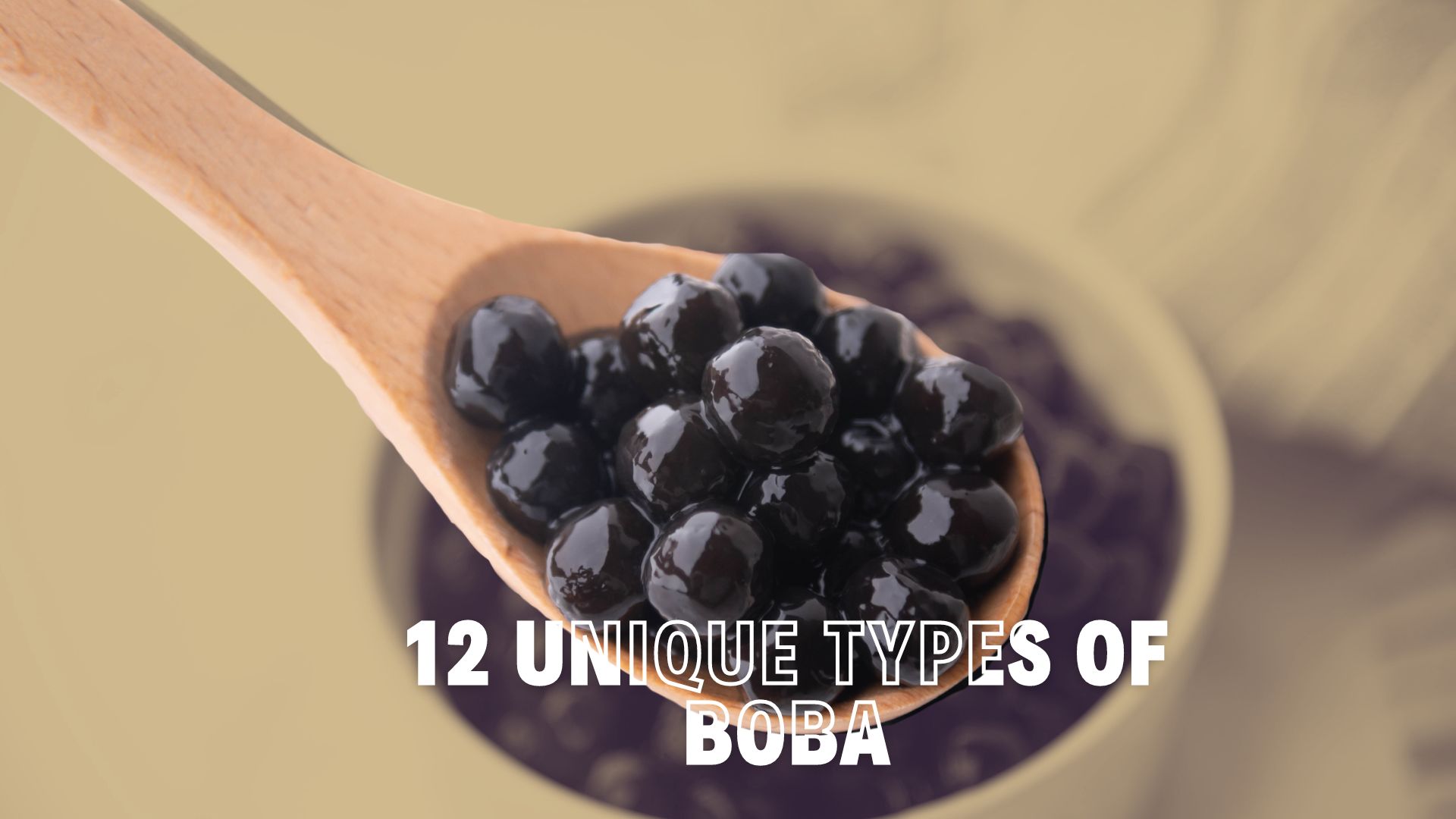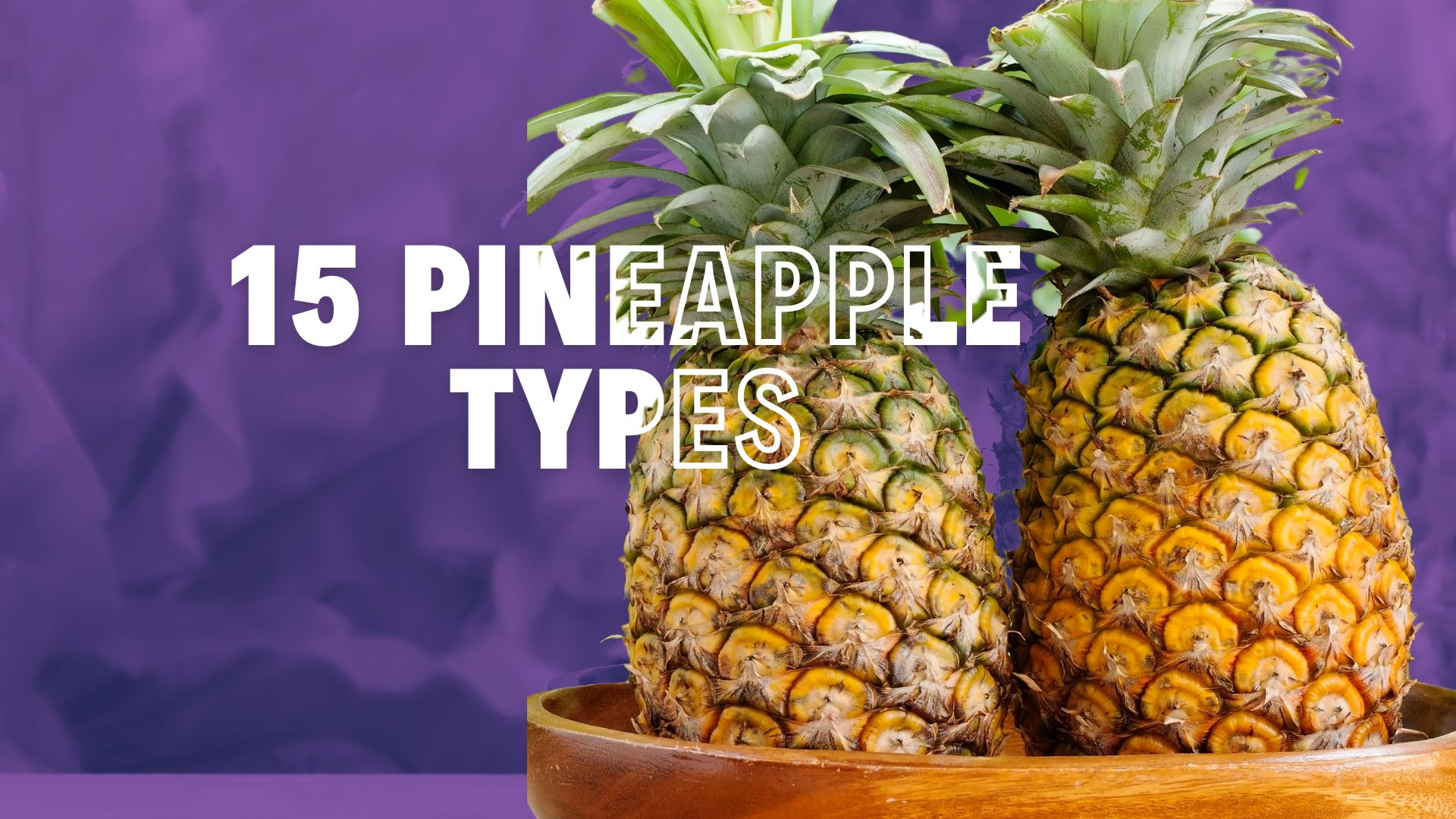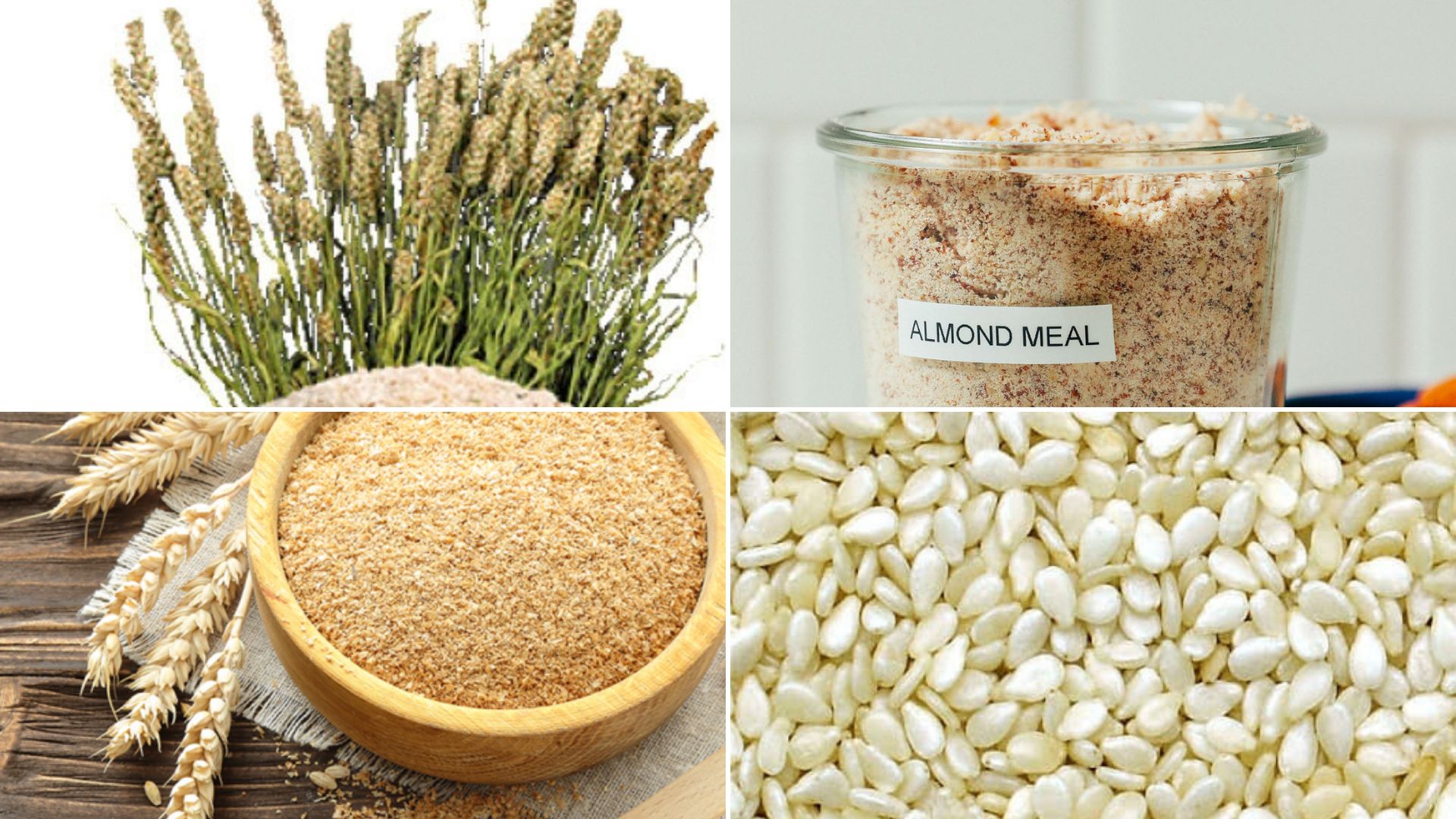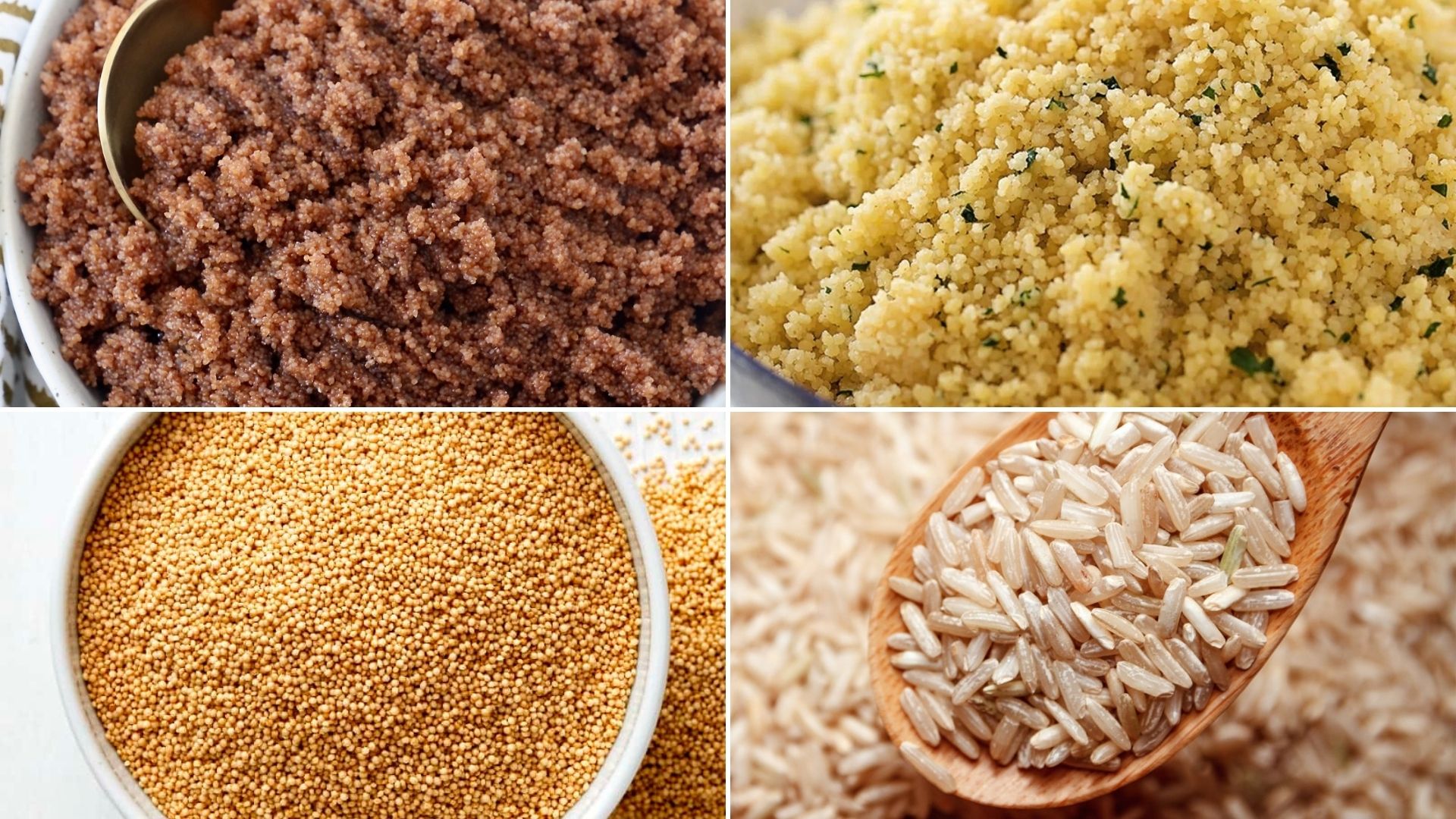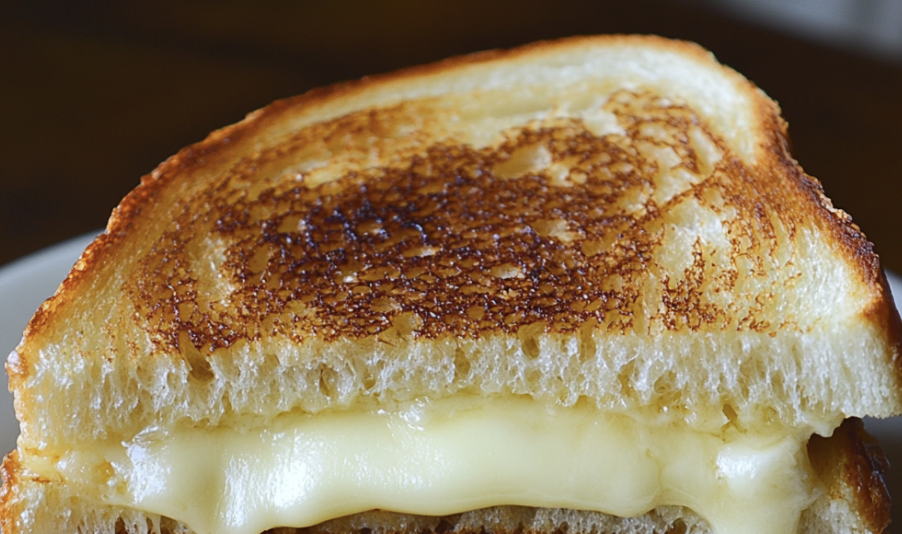
Mirin is a sweet rice wine often used in Japanese cooking to enhance flavors like teriyaki, stir-fries, and sauces.
However, it might not always be readily available in every kitchen.
If you’re out of mirin or need an alternative due to dietary preferences, several substitutes can replicate its sweetness and tang.
From Rice Vinegar to a simple mix of Honey and Water, these 15 substitutes can bring similar depth to your recipes, ensuring your dishes remain flavorful and balanced.
Best Substitutes for Mirin
1. Rice Vinegar
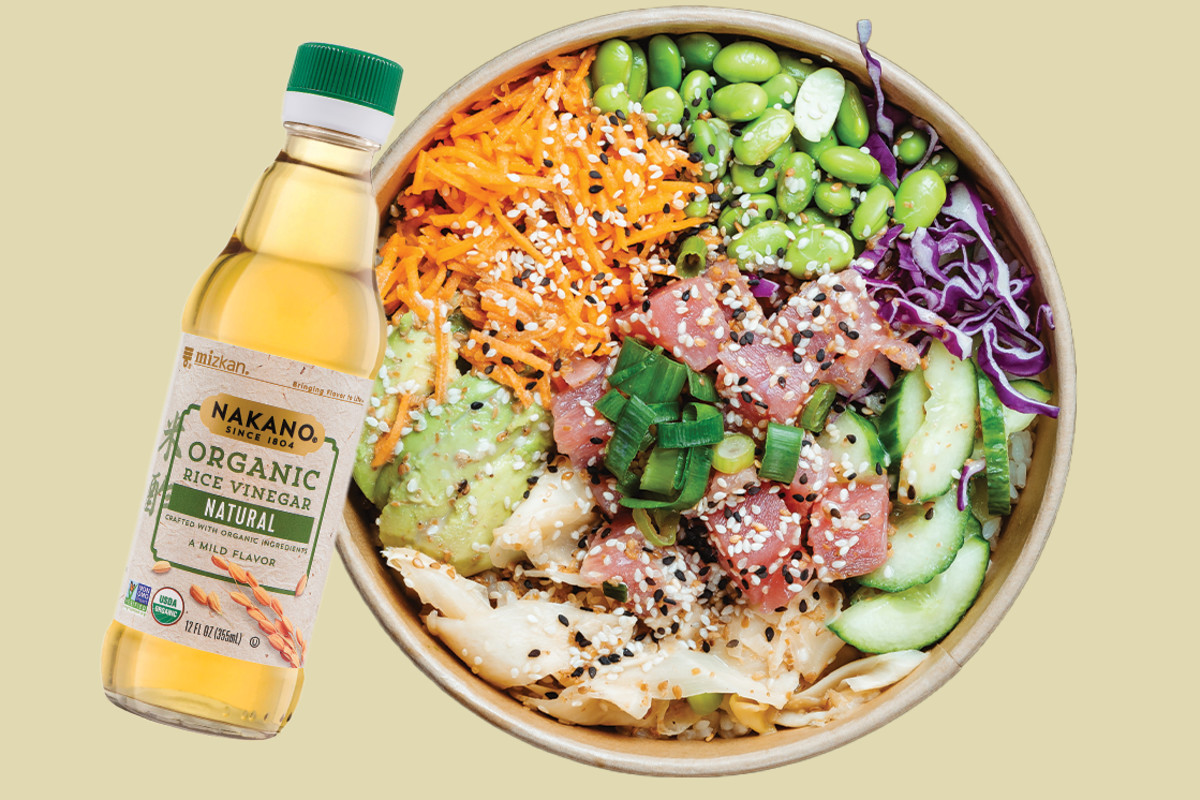
Rice Vinegar is a great substitute for mirin when mixed with a little sugar.
It provides a similar acidity but lacks the sweetness of mirin, which can easily be adjusted by adding sugar to balance the flavors.
This combination works well in sauces, marinades, and stir-fries.
- Flavor: Mildly acidic with a subtle sweetness when sugar is added.
- Best Uses: Stir-fries, marinades, and dressings.
- Why It’s a Good Substitute: Rice vinegar mimics the tangy aspect of mirin, while sugar adds the necessary sweetness.
2. Dry Sherry

Dry Sherry is a fortified wine with a slightly nutty and sweet flavor, making it an excellent substitute for mirin.
Although sherry is less sweet, adding a small amount of sugar can help achieve a flavor similar to that of mirin.
- Flavor: Nutty and slightly sweet.
- Best Uses: Sauces, glazes, and marinades.
- Why It’s a Good Substitute: Its sweet and complex flavor profile makes it versatile, especially when balanced with sugar.
3. Sweet Marsala Wine
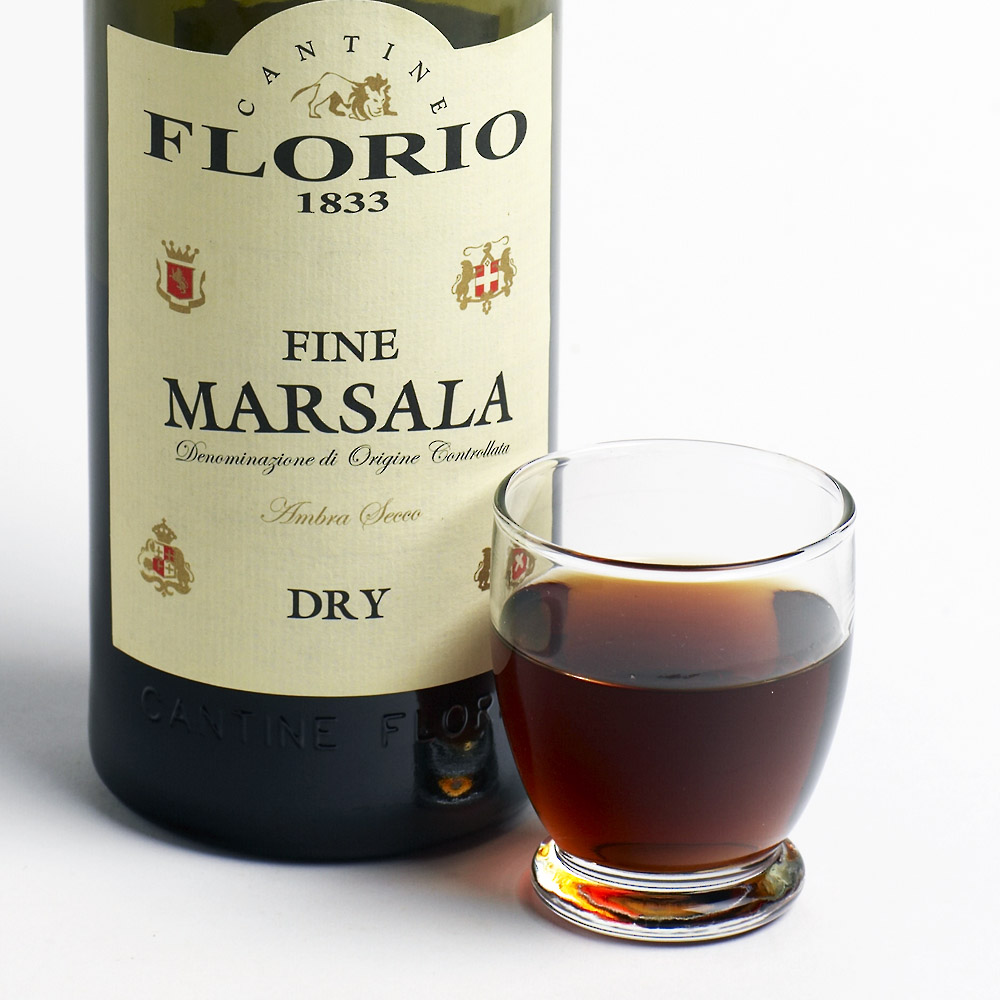
Sweet Marsala Wine is another fortified wine that can be used instead of mirin.
Its rich, sweet flavor complements savory dishes well.
The sweetness is more intense than mirin, so it works particularly well in glazes and sauces where sweetness is desired.
- Flavor: Rich, sweet, and slightly tangy.
- Best Uses: Glazes, sauces, and marinades.
- Why It’s a Good Substitute: Its strong sweetness and depth of flavor make it a solid replacement for mirin, especially in dishes requiring a sweet finish.
4. White Wine with Sugar

White Wine and Sugar mix is a simple and effective substitute for mirin.
White wine provides a light, tangy flavor, while sugar adds sweetness to mimic mirin’s profile.
This substitute is versatile and easy to make with pantry staples.
- Flavor: Tangy with added sweetness.
- Best Uses: Stir-fries, sauces, and marinades.
- Why It’s a Good Substitute: It’s an accessible option for those who have white wine on hand and need a quick alternative to mirin.
5. Sake with Sugar

Sake is the closest alcoholic substitute to mirin, as both are made from fermented rice.
Adding a little sugar to sake can achieve a flavor profile similar to mirin.
This combination works well in almost any recipe for mirin, offering a balanced sweet and tangy taste.
- Flavor: Mild and sweet with a hint of tang.
- Best Uses: Soups, sauces, and marinades.
- Why It’s a Good Substitute: Sake is similar to mirin, and when sweetened, it becomes an almost perfect replacement.
6. Vermouth
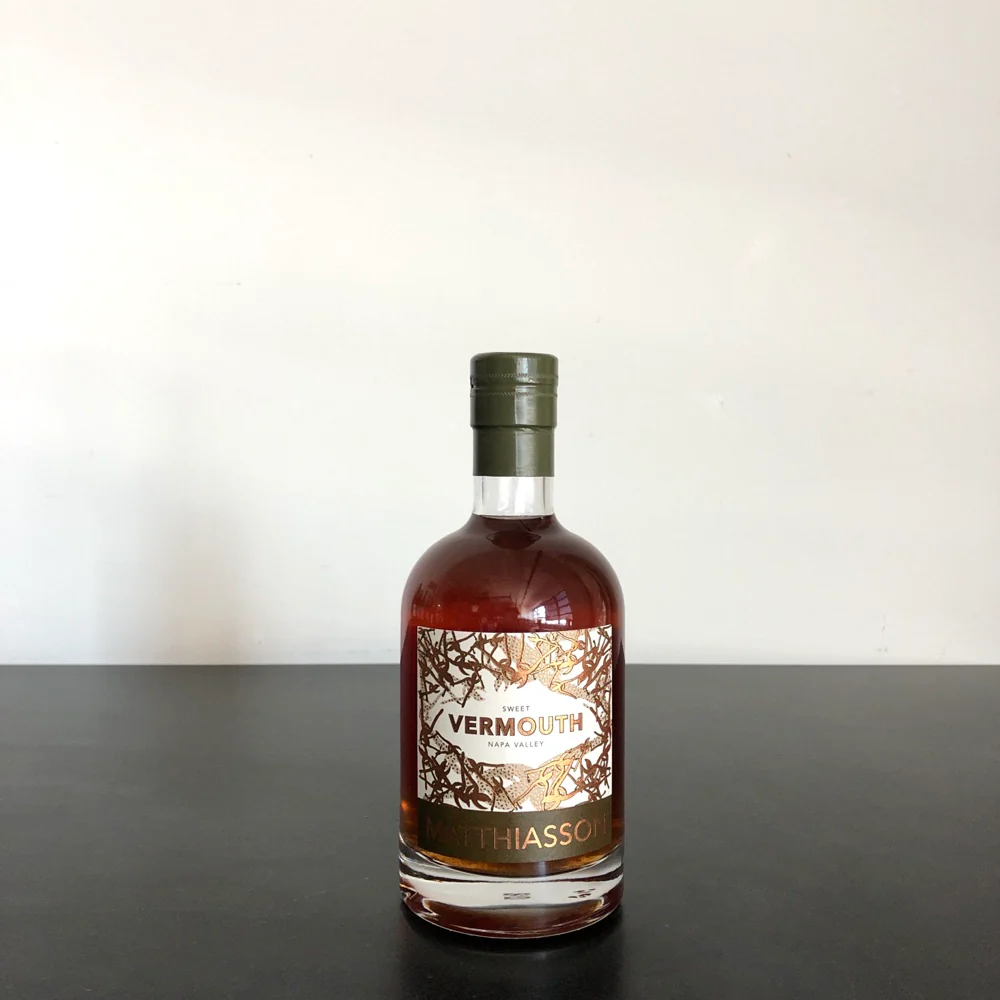
Vermouth is a fortified wine infused with herbs and spices, offering a slightly sweet and aromatic flavor.
It’s a suitable substitute for mirin in dishes that need a bit of complexity and sweetness.
Dry vermouth can be sweetened with sugar if required.
- Flavor: Sweet, aromatic, with herbal undertones.
- Best Uses: Sauces, marinades, and stir-fries.
- Why It’s a Good Substitute: Vermouth’s sweetness and complex flavor profile can mimic mirin, especially in savory dishes.
7. Chinese Cooking Wine
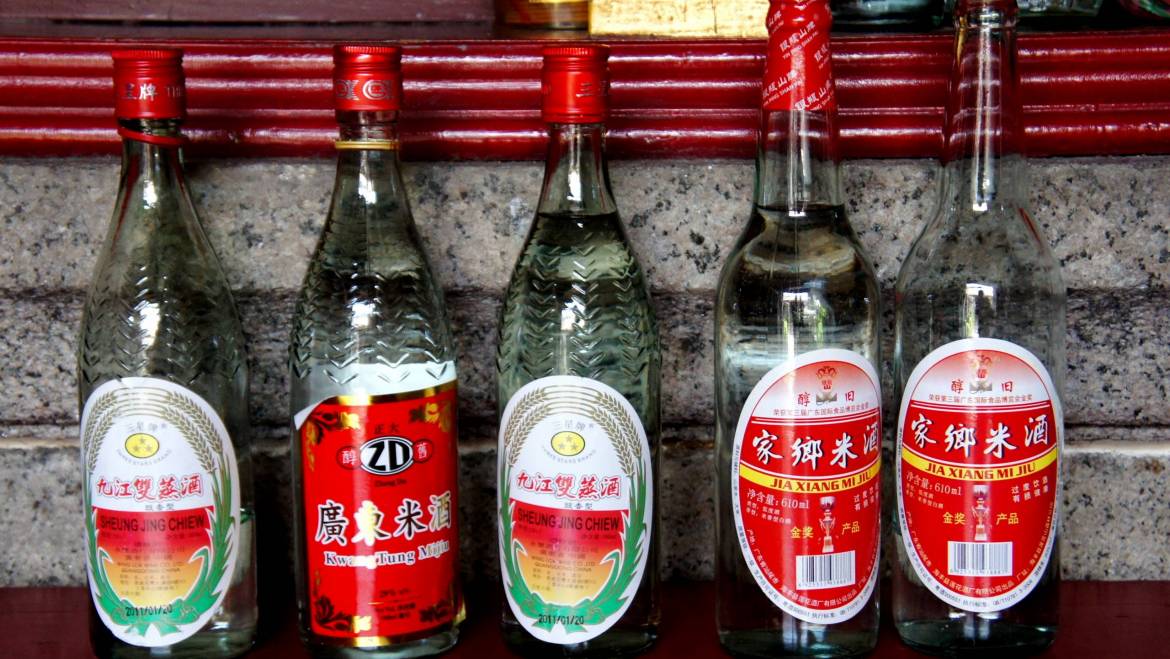
Chinese Cooking Wine, or Shaoxing wine, is a common ingredient in Asian cuisine and can be used instead of mirin.
It offers a strong, slightly sweet flavor with a more intense profile.
To balance the flavors, you may want to add sugar.
- Flavor: Strong, slightly sweet, and robust.
- Best Uses: Marinades, sauces, and stir-fries.
- Why It’s a Good Substitute: Its strong flavor and slight sweetness make it a good alternative, especially in rich, savory dishes.
8. Apple Cider Vinegar

Apple Cider Vinegar is a tangy alternative to mirin.
When combined with sugar, it can mimic the balance of acidity and sweetness found in mirin—the fruity undertones of apple cider vinegar work well in Asian-inspired sauces and marinades.
- Flavor: Tangy with fruity undertones.
- Best Uses: Sauces, dressings, and marinades.
- Why It’s a Good Substitute: With added sugar, apple cider vinegar can provide the tangy-sweet combination needed in recipes that call for mirin.
9. Balsamic Vinegar
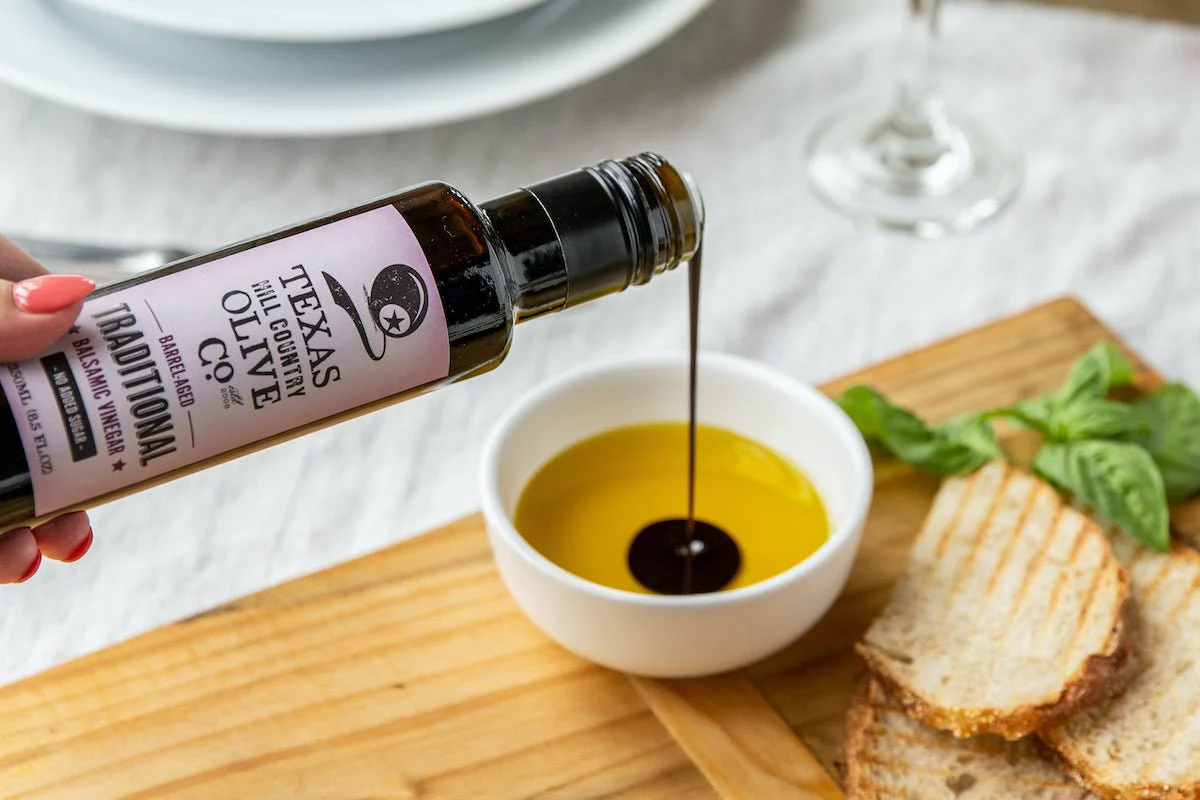
Balsamic Vinegar is a rich, sweet, tangy vinegar that can replace mirin in some recipes.
Although its flavor is more intense, balsamic can work well in dishes that require depth and a bit of sweetness.
Use it in moderation to avoid overpowering the dish.
- Flavor: Rich, sweet, and tangy.
- Best Uses: Glazes, marinades, and dressings.
- Why It’s a Good Substitute: Its deep sweetness and tangy profile can replicate mirin’s complexity in certain dishes.
10. Sherry Vinegar

Sherry Vinegar offers a tangy and slightly nutty flavor, making it a good substitute for mirin.
Add a small amount of sugar to balance its acidity, which will help bring out the sweetness needed to replicate mirin’s profile in sauces and marinades.
- Flavor: Tangy with a nutty undertone.
- Best Uses: Sauces, dressings, and marinades.
- Why It’s a Good Substitute: With added sugar, sherry vinegar’s tangy and complex flavor can mimic mirin’s sweetness.
11. Honey and Water Mix
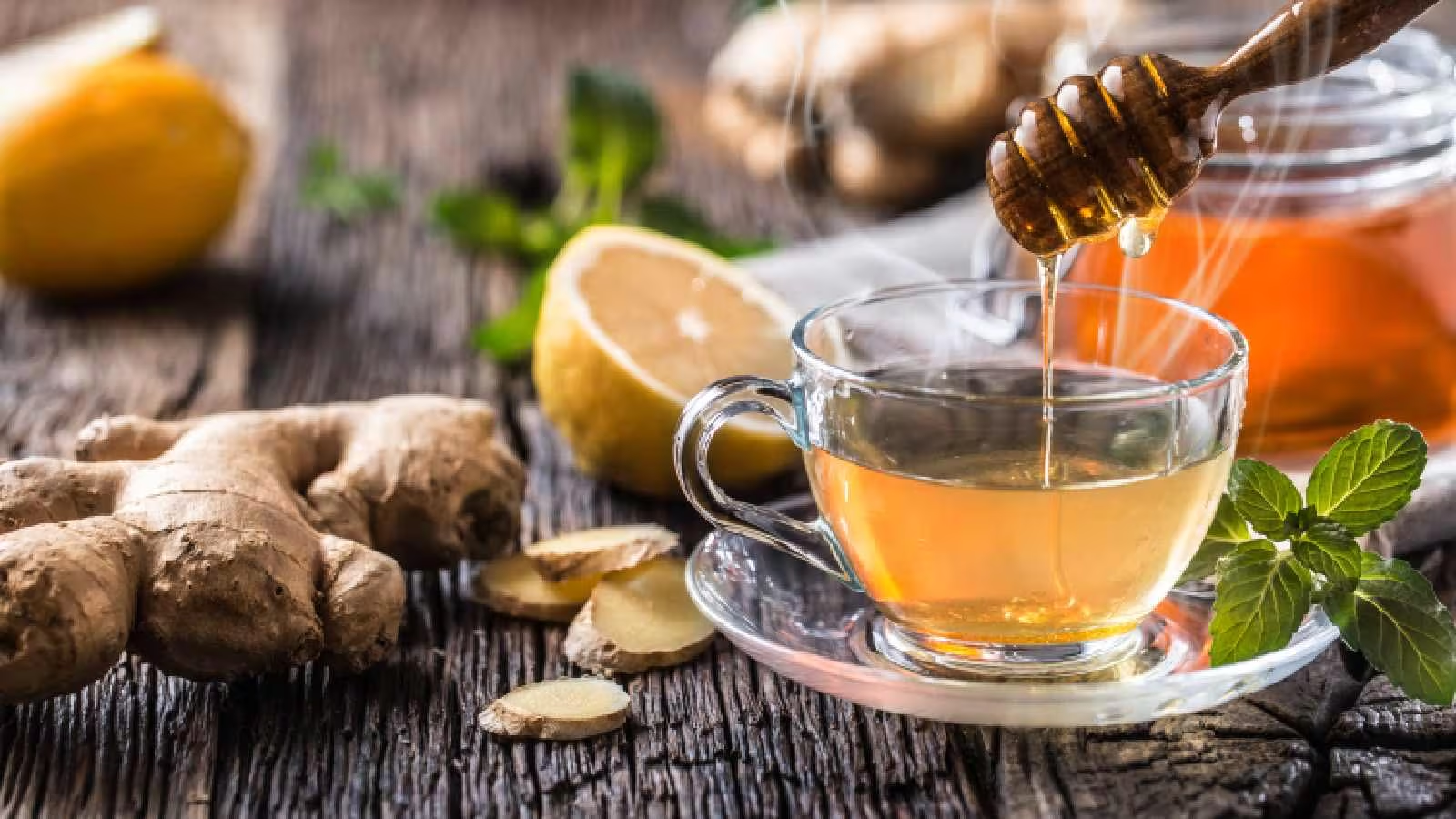
A simple mixture of Honey and Water can be used as a substitute for mirin in a pinch.
The honey provides the sweetness, while the water helps to thin the mixture, giving it a consistency closer to that of mirin.
This substitute works best in glazes and sauces.
- Flavor: Sweet with a hint of floral undertones from the honey.
- Best Uses: Glazes, sauces, and stir-fries.
- Why It’s a Good Substitute: Honey adds the sweetness needed for mirin-based recipes, while water helps to achieve the right texture.
12. White Grape Juice with Lemon

White Grape Juice and a little lemon juice create a sweet yet tangy flavor similar to mirin.
The grape juice offers natural sweetness, while the lemon adds the acidity needed to balance the flavors.
This combination works well in both savory and sweet dishes.
- Flavor: Sweet and slightly tangy.
- Best Uses: Marinades, sauces, and dressings.
- Why It’s a Good Substitute: Grape juice’s natural sweetness and lemon juice’s tang mimic mirin’s balanced flavor.
13. Kombucha

Kombucha, a fermented tea, has a tangy, slightly sweet flavor that can replace mirin in recipes.
While kombucha may not have the sweetness of mirin, its complex flavor profile makes it an interesting alternative in certain dishes, especially marinades and sauces.
- Flavor: Tangy with a subtle sweetness.
- Best Uses: Marinades, dressings, and sauces.
- Why It’s a Good Substitute: Its tangy, fermented flavor adds complexity to dishes, making it a unique substitute for mirin.
14. Soy Sauce and Sugar Mix
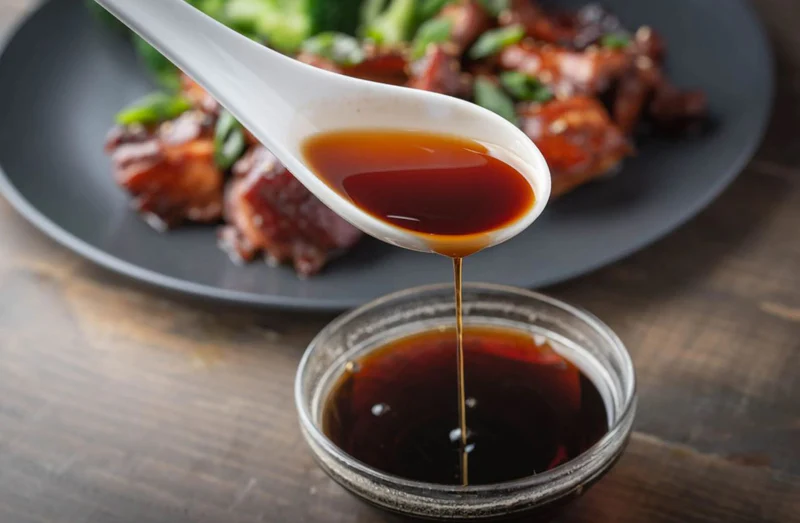
A simple mixture of Soy Sauce and Sugar can replicate mirin’s salty-sweet balance.
While soy sauce adds a savory element, the sugar compensates for the lack of sweetness.
This substitute works well in savory dishes where the added saltiness won’t overpower the flavor.
- Flavor: Savory and sweet.
- Best Uses: Stir-fries, glazes, and sauces.
- Why It’s a Good Substitute: The soy sauce and sugar mix provides a sweet-salty balance similar to mirin’s.
15. Brown Sugar and Water
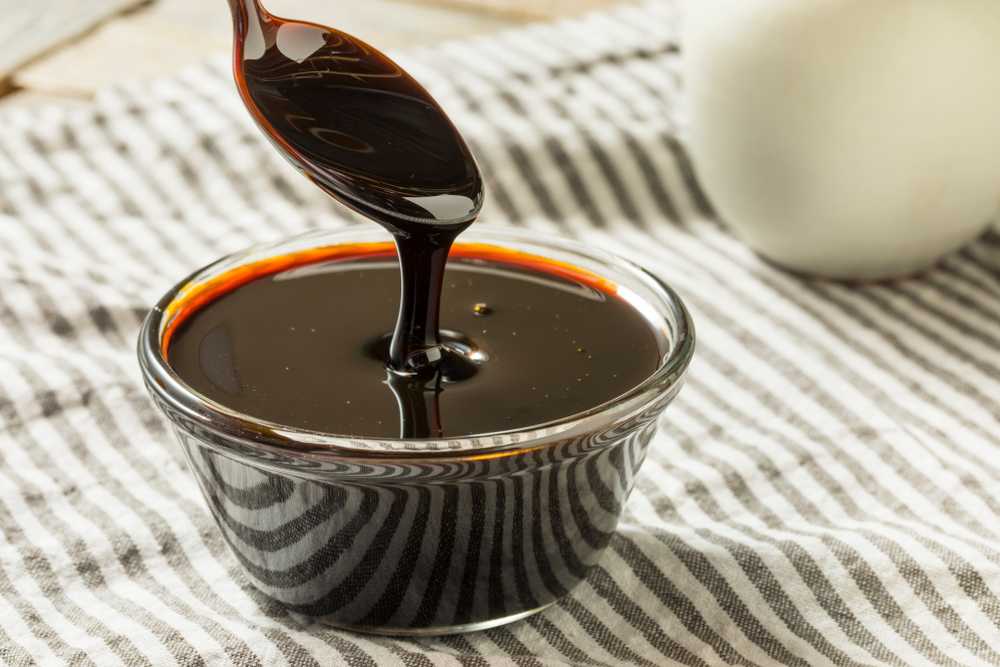
A Brown Sugar and Water mixture offers a simple, non-alcoholic substitute for mirin.
The molasses in brown sugar adds depth to the flavor, while the water helps thin the mixture to match the consistency of mirin.
This works best in sweet glazes and sauces.
- Flavor: Sweet with a hint of molasses.
- Best Uses: Glazes, sauces, and dressings.
- Why It’s a Good Substitute: Brown sugar’s rich sweetness combined with water mimics the texture and flavor of mirin in various recipes.
Finding the Right Substitute for Mirin Based on Your Dish
Choosing the best mirin substitute depends on the flavor profile you’re aiming for.
Whether you need sweetness, tang, or a balanced savory note, here’s how to select the right alternative for your recipe.
1. Best Substitutes for Sweet and Tangy Flavor
For dishes that need the sweetness and tanginess of mirin, these substitutes offer the perfect balance:
- Rice Vinegar with Sugar: Mild tang with added sweetness makes it great for sauces and stir-fries.
- White Grape Juice with Lemon: Natural sweetness with a hint of acidity for marinades and dressings.
- Apple Cider Vinegar with Sugar: Fruity undertones make it versatile for salads and Asian-inspired dishes.
2. Ideal Substitutes for Alcoholic Dishes
If your recipe calls for an alcoholic base, these options will bring depth and complexity to your dish:
- Dry Sherry: Adds nutty sweetness with a light alcoholic edge, perfect for glazes.
- Sake with Sugar: Closest to mirin in flavor and perfect for traditional Japanese dishes.
- Sweet Marsala Wine: Rich sweetness, best used in heavier, flavorful sauces.
3. Non-Alcoholic Substitutes for Cooking
For non-alcoholic alternatives, these options work well while keeping the sweetness intact:
- Honey and Water Mix: A natural, sweet alternative for glazes and stir-fries.
- Soy Sauce and Sugar Mix: Adds a savory-sweet balance for stir-fries and savory dishes.
- Brown Sugar and Water: Provides a rich, molasses-like sweetness in sauces and glazes.
Conclusion
Whether you’re looking for a non-alcoholic alternative or something already in your pantry, these 15 substitutes for mirin offer plenty of options to keep your dishes flavorful.
From the tangy sweetness of Rice Vinegar, honey, and Water to the complexity of Kombucha and Dry Sherry, each substitute brings its unique twist while maintaining the balance of sweet and savory flavors.
With these options, you can confidently replace mirin in your favorite recipes and still achieve delicious results.

